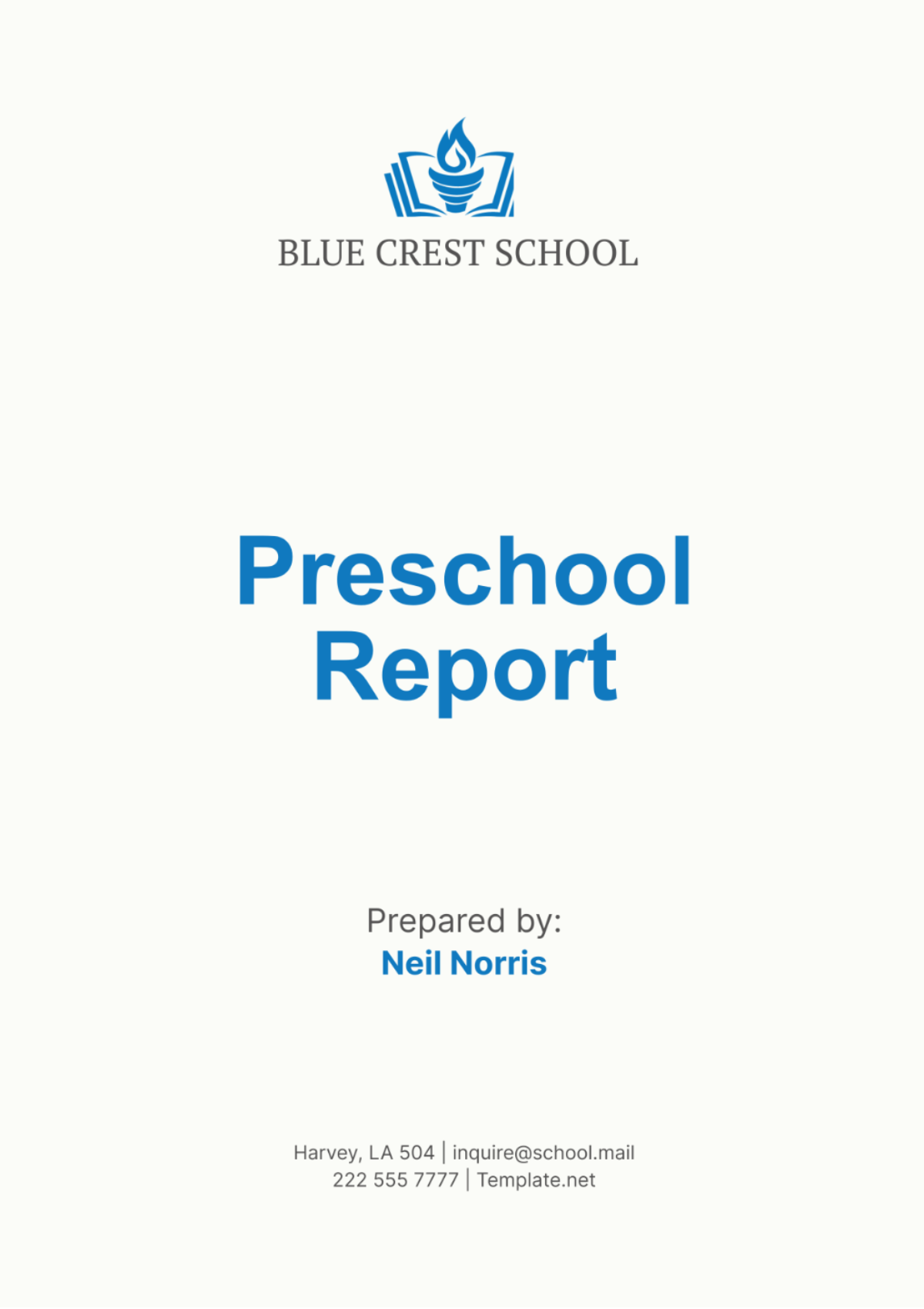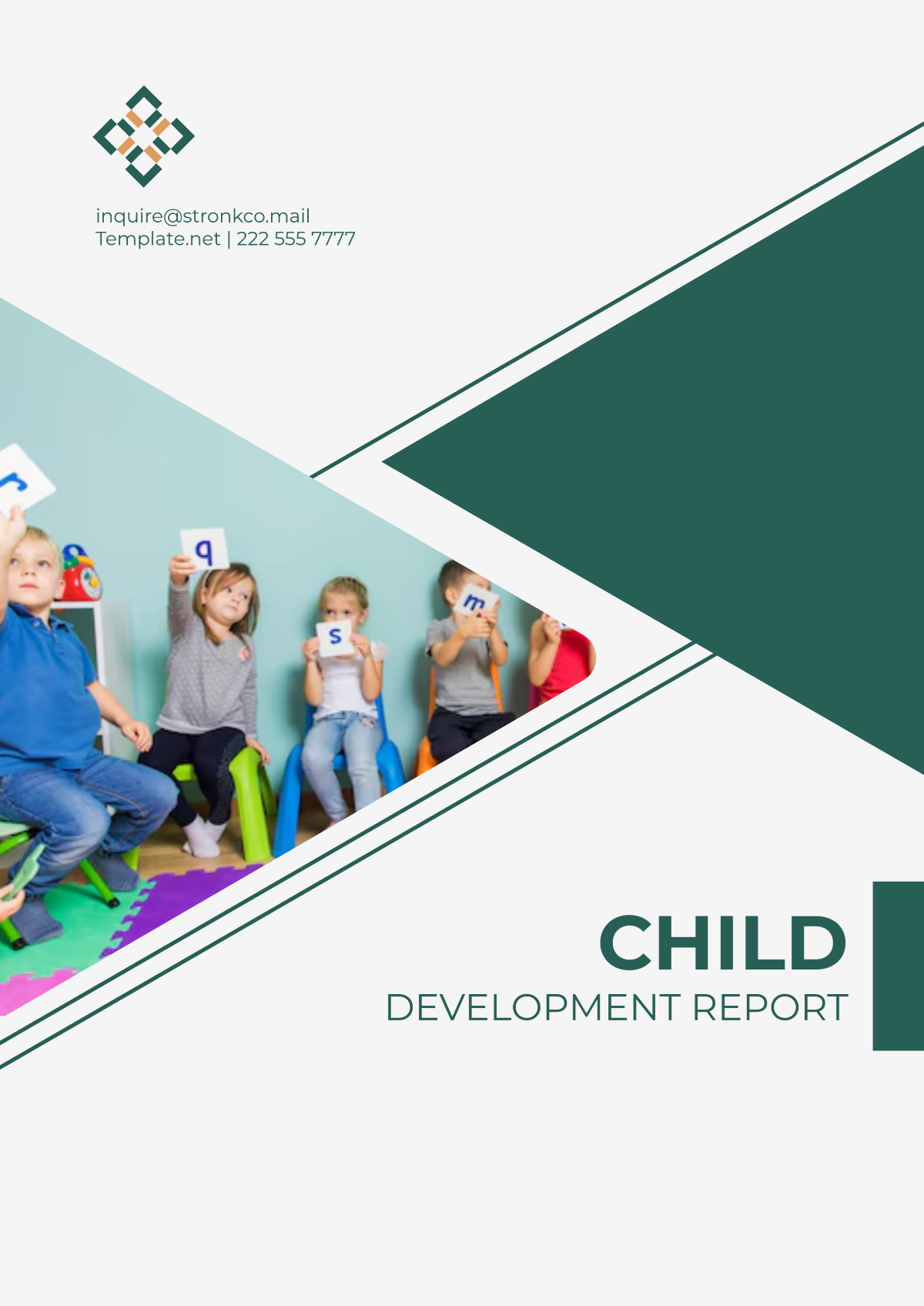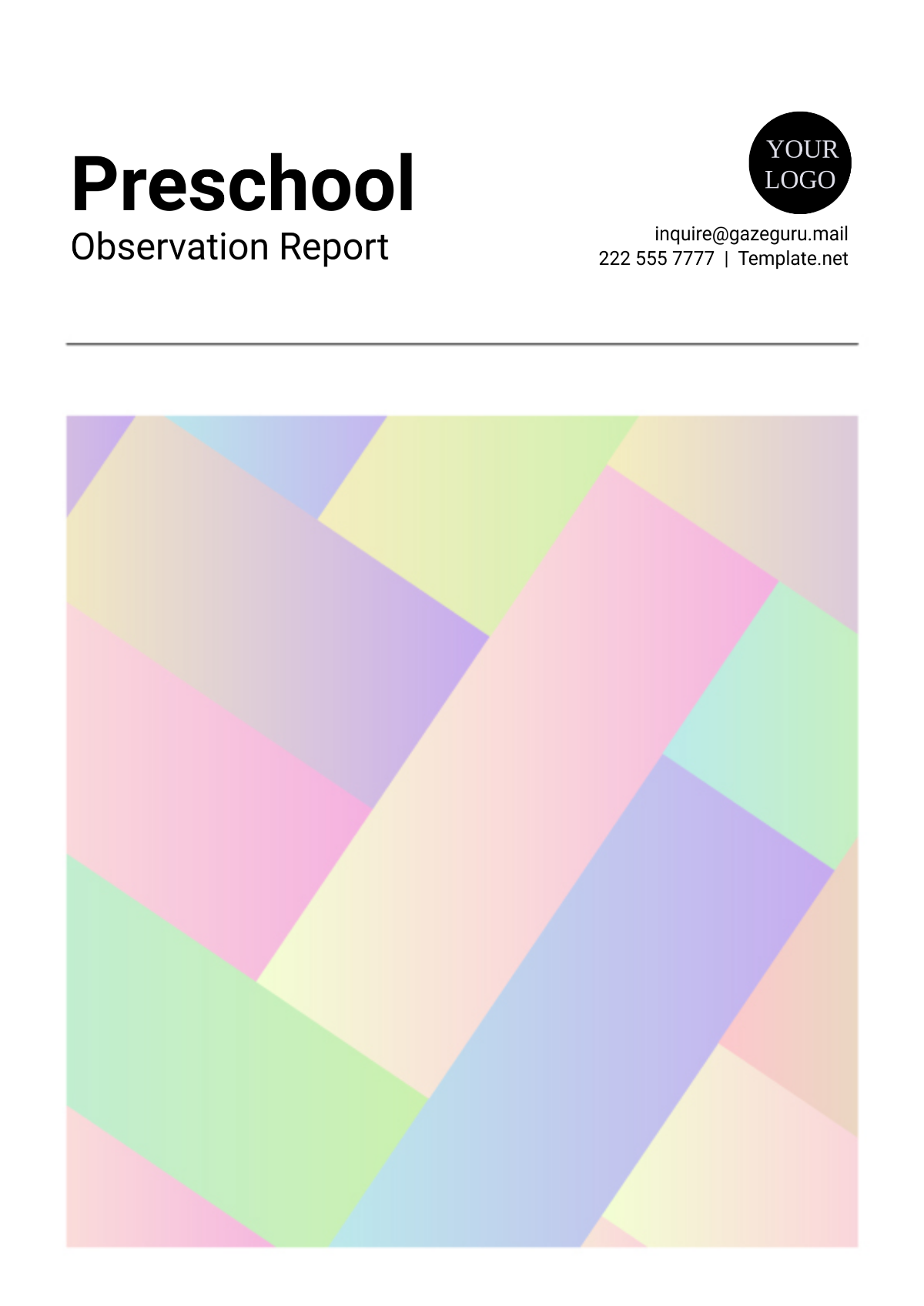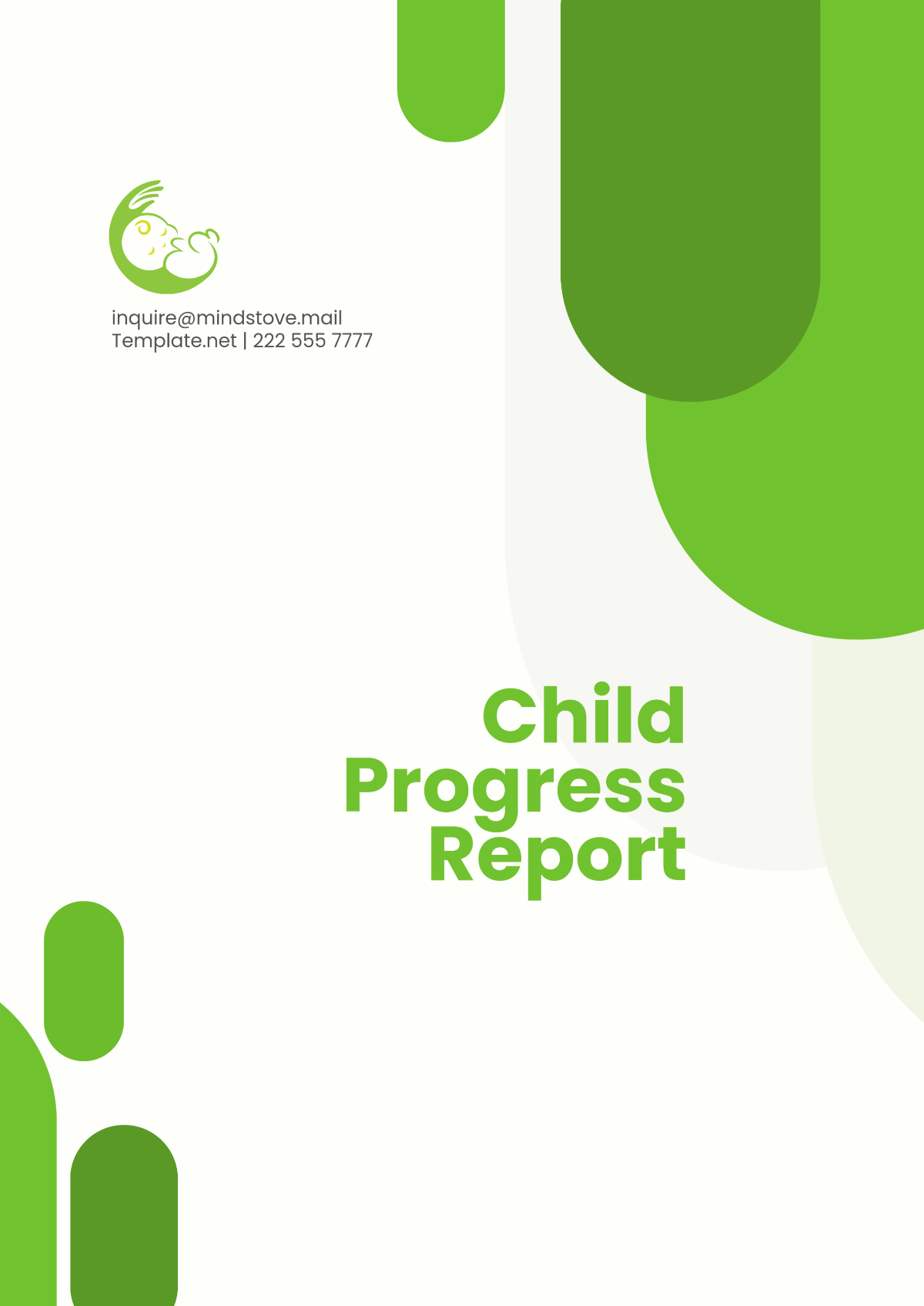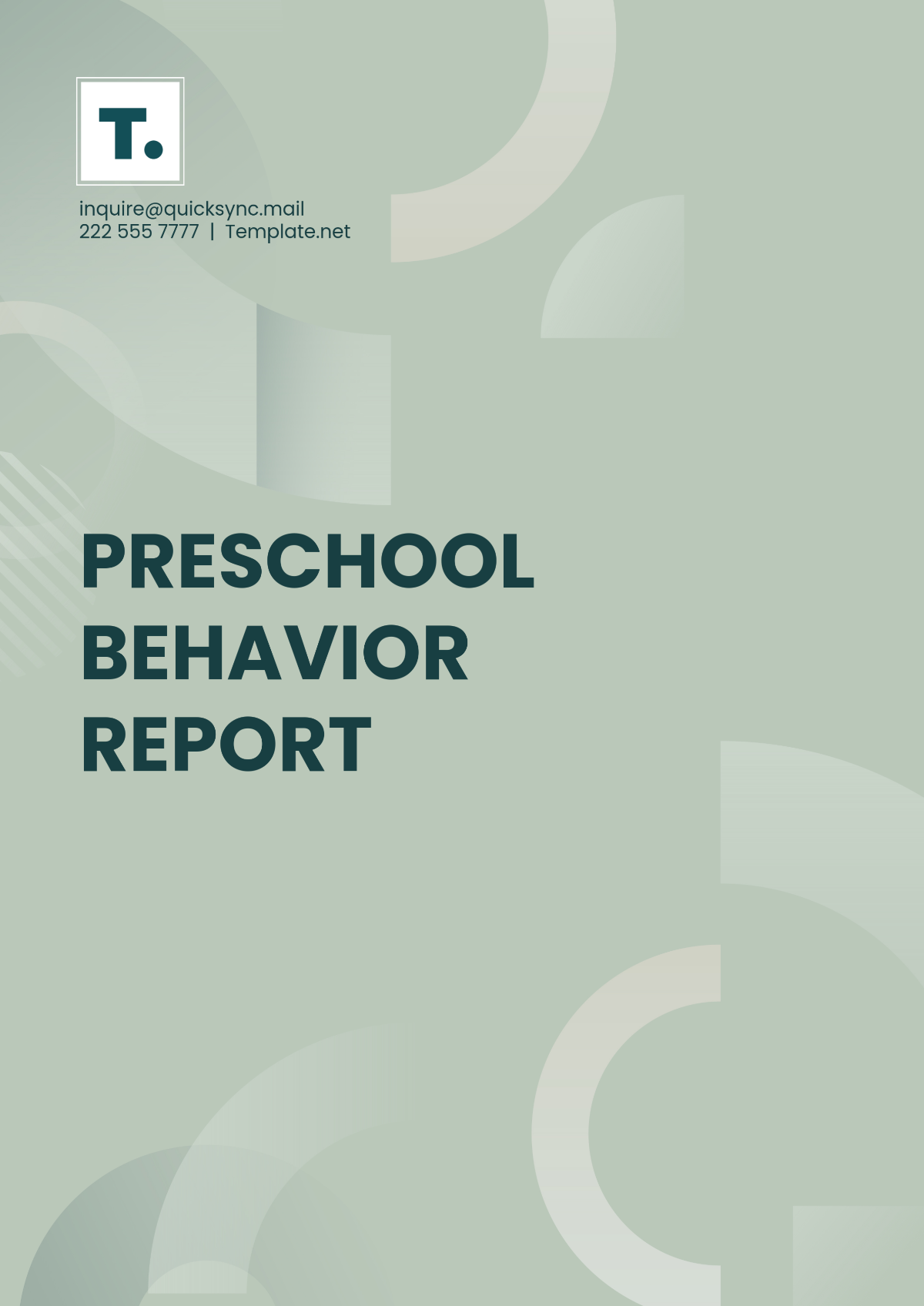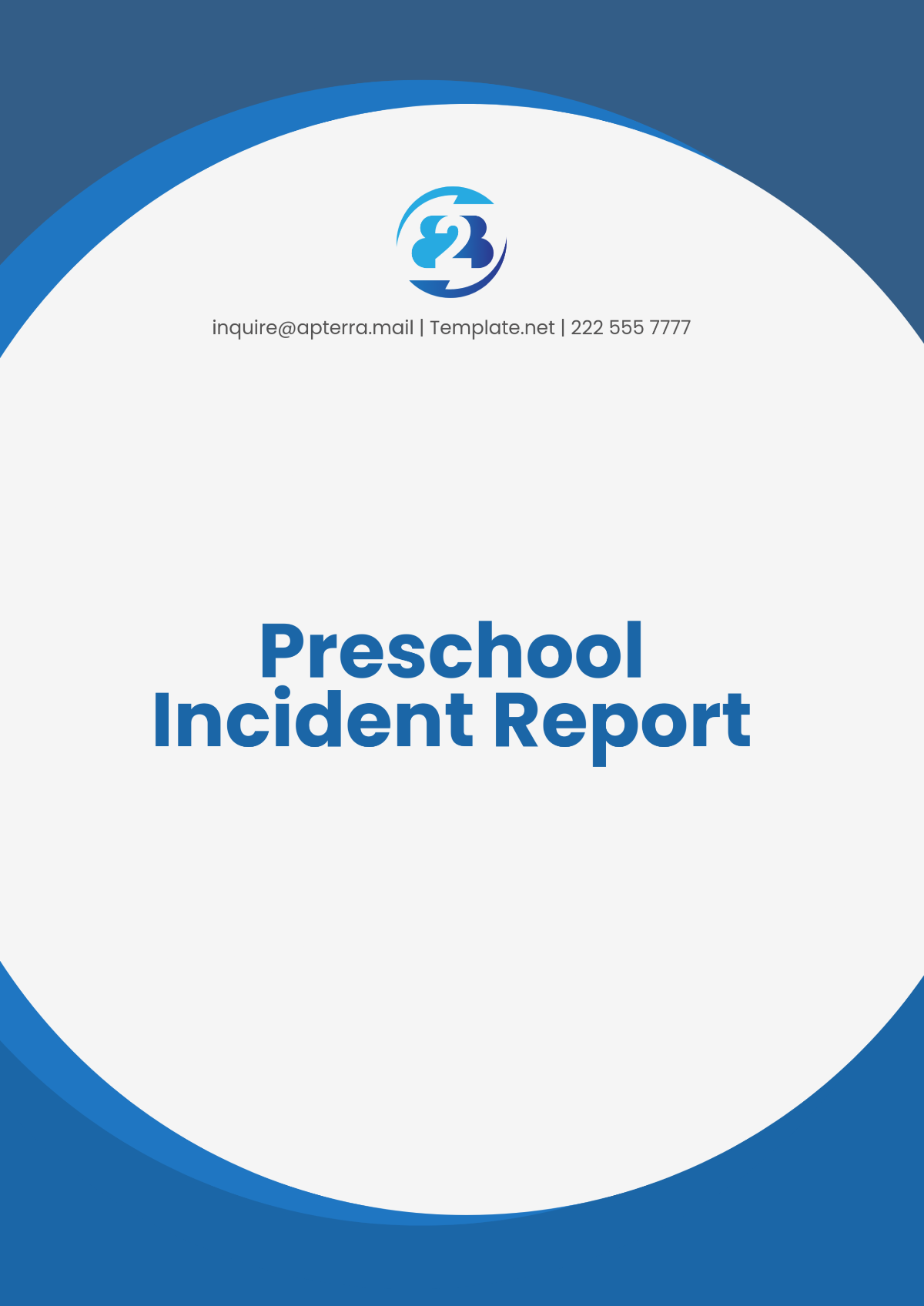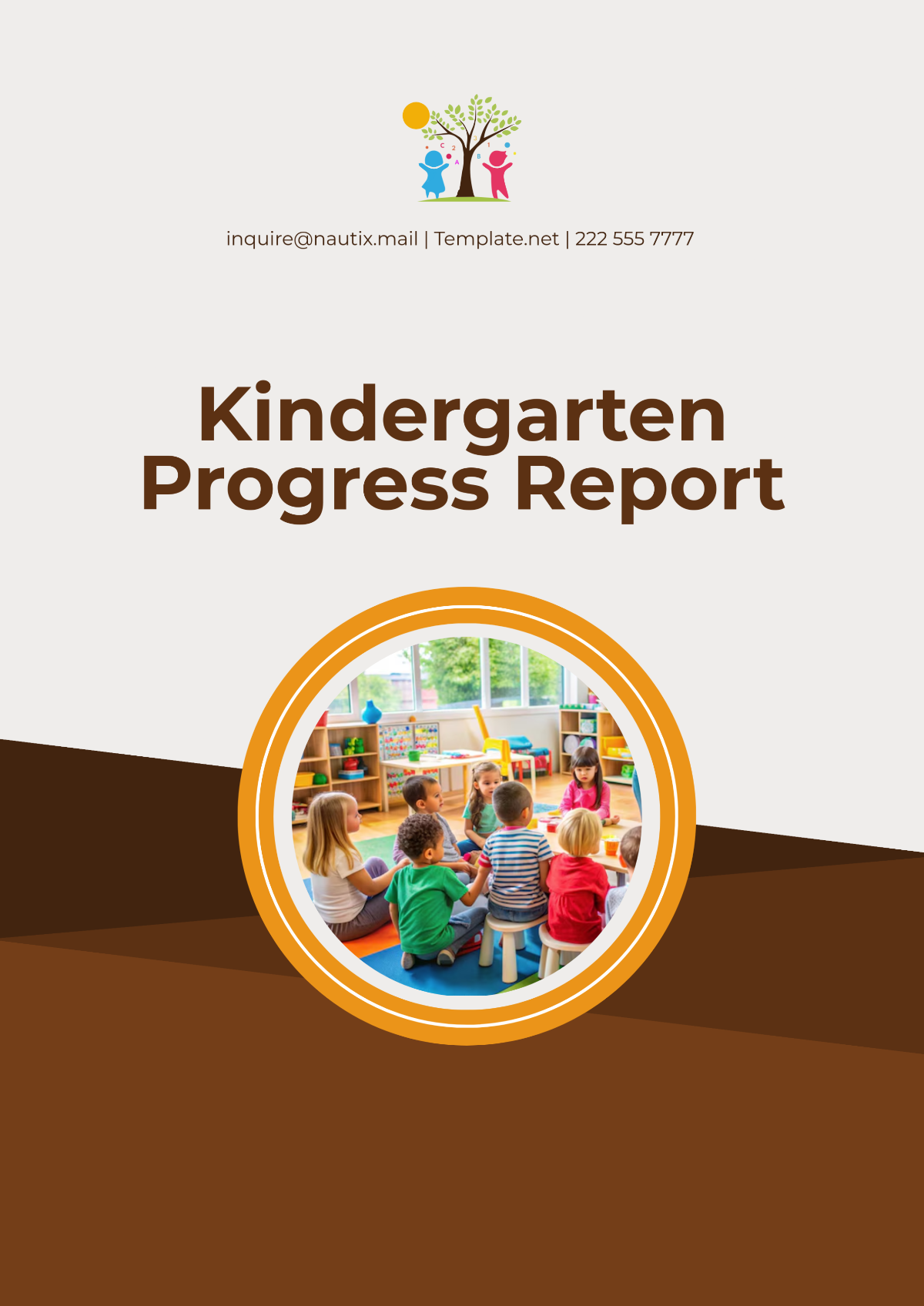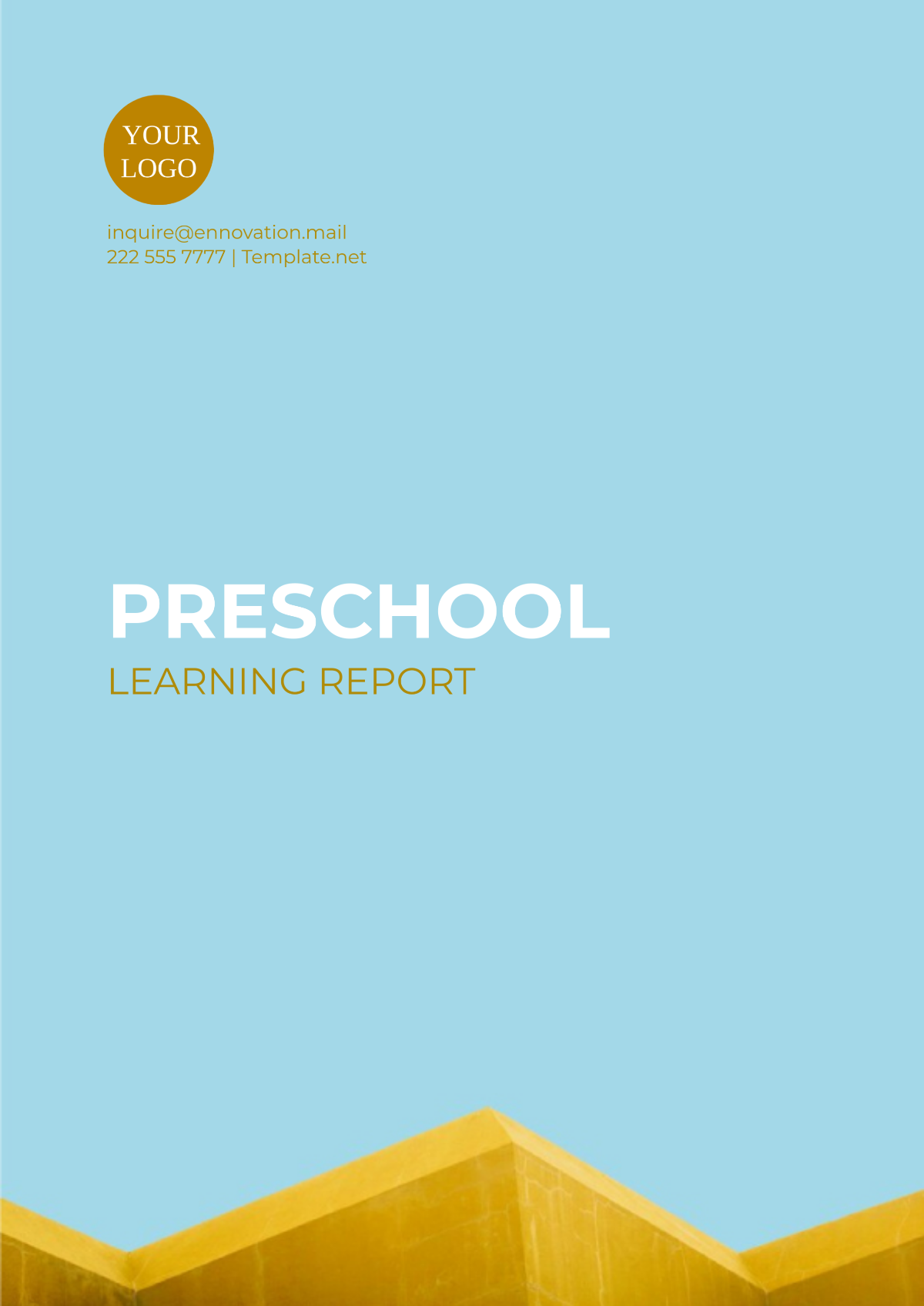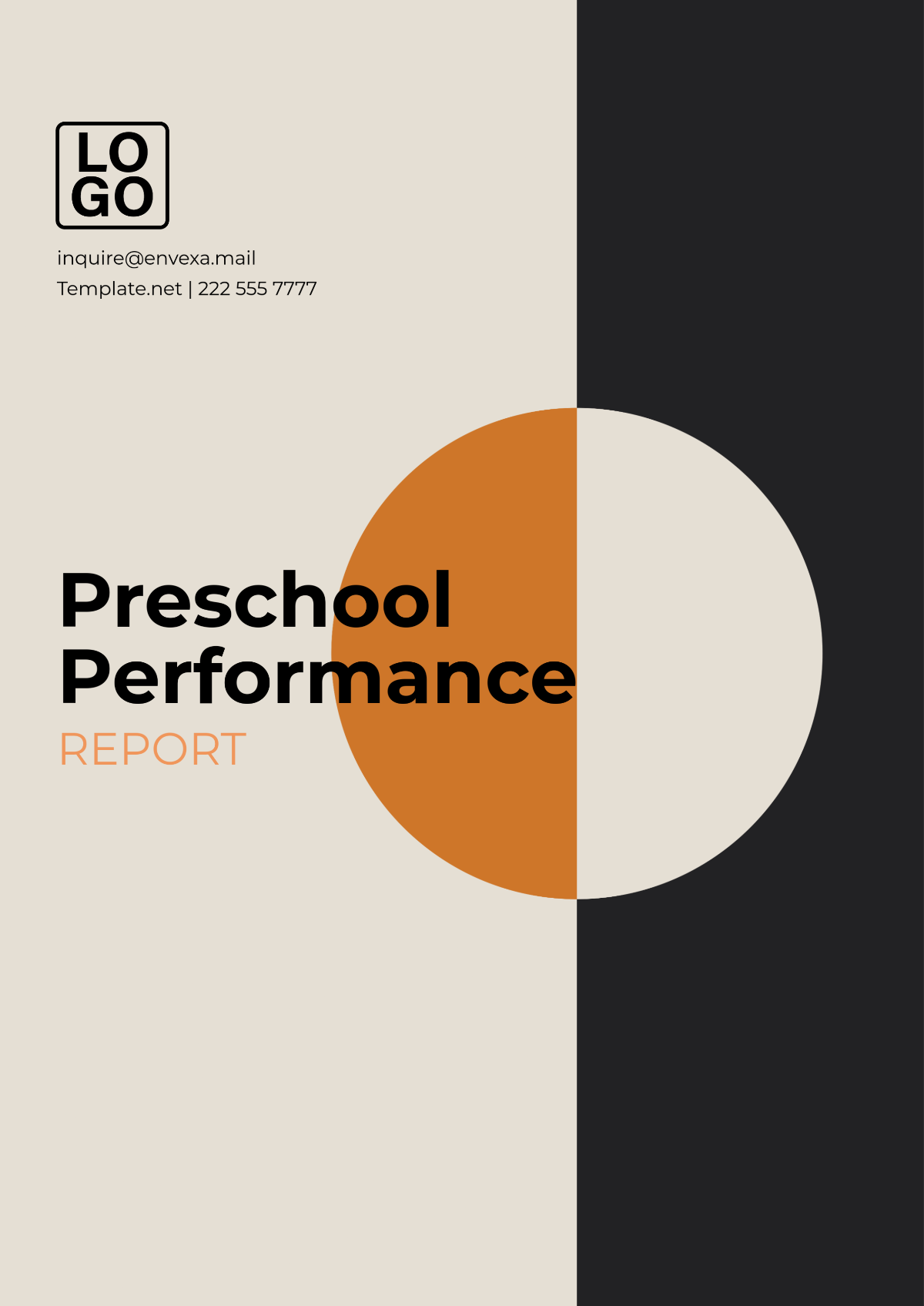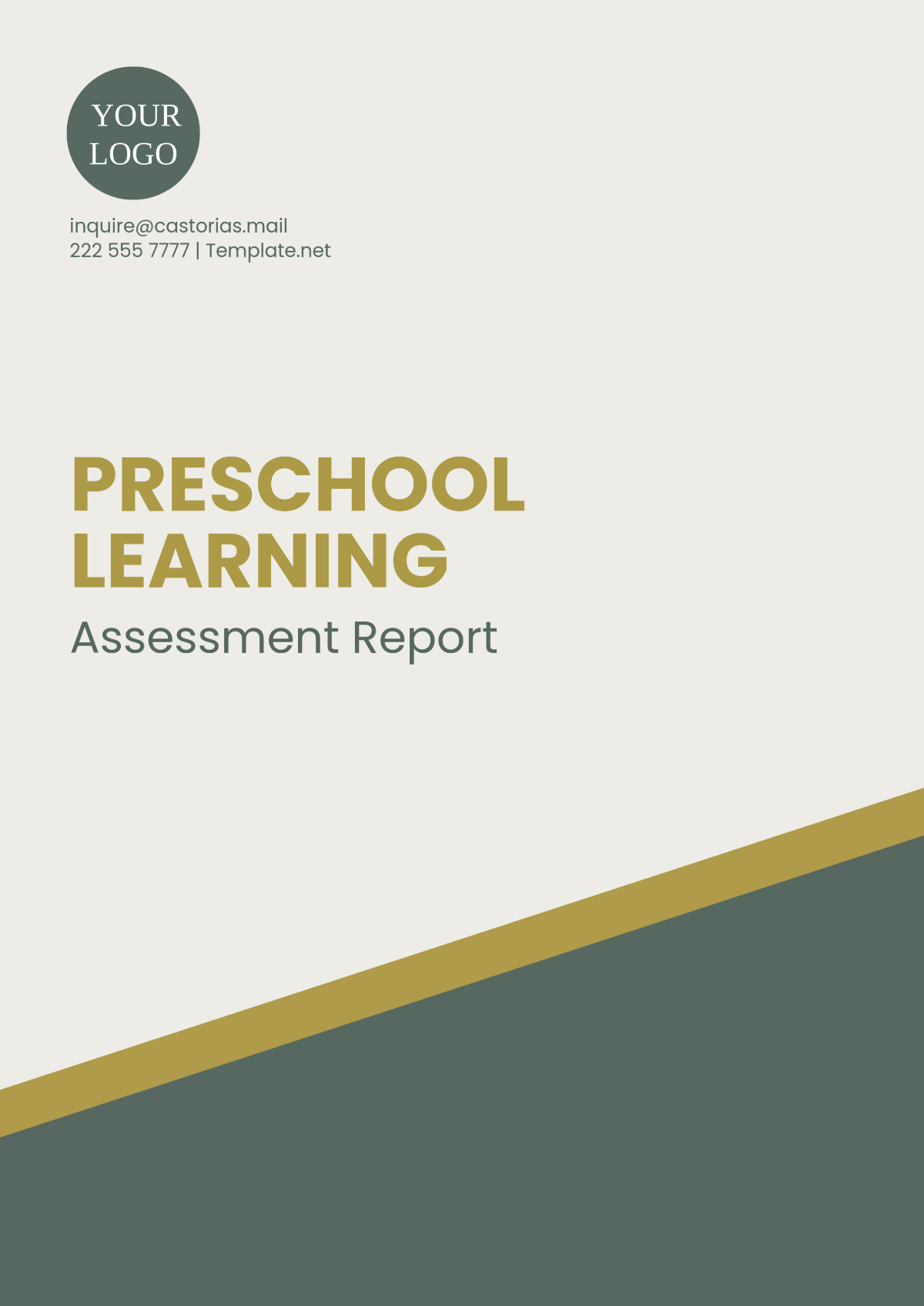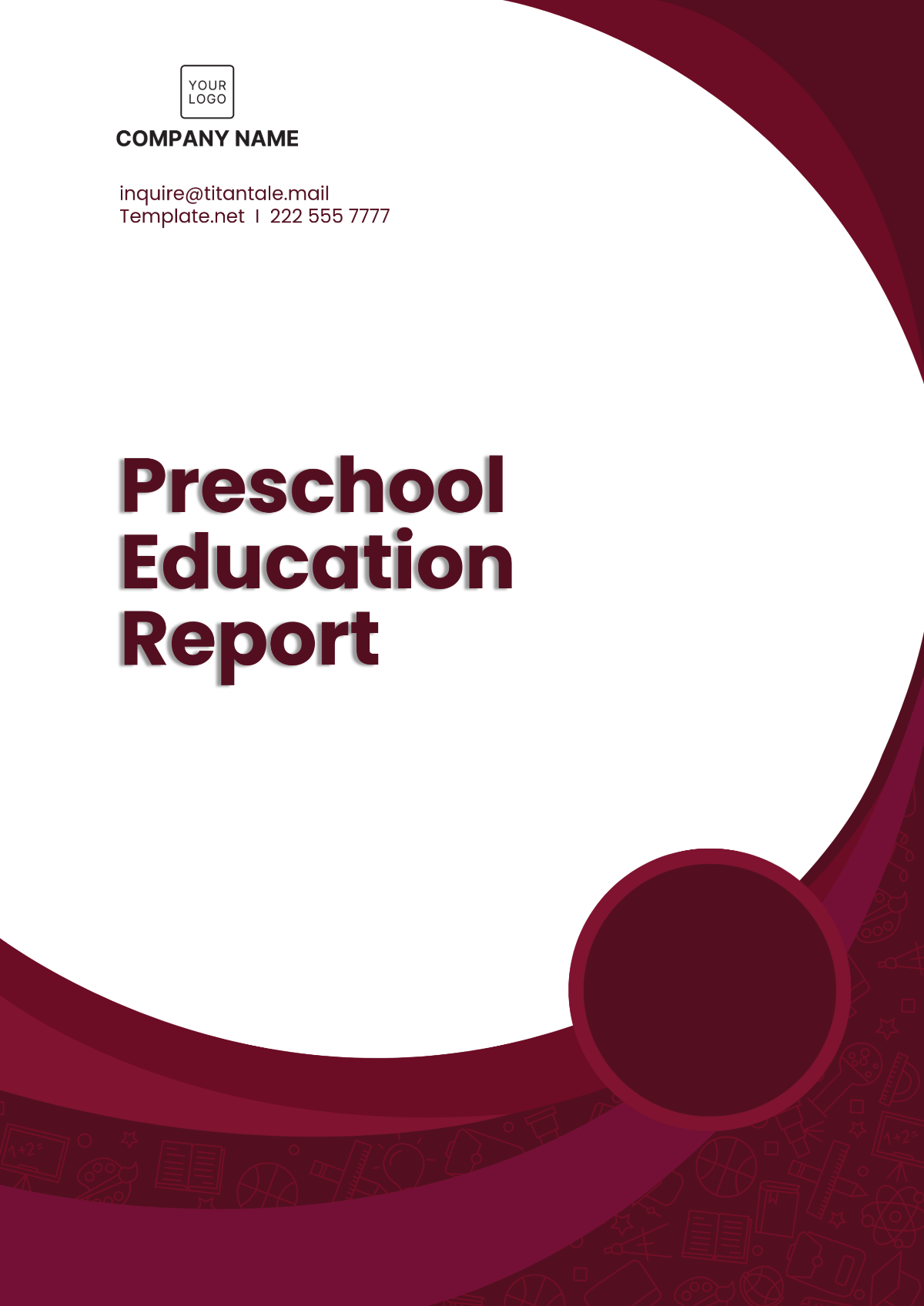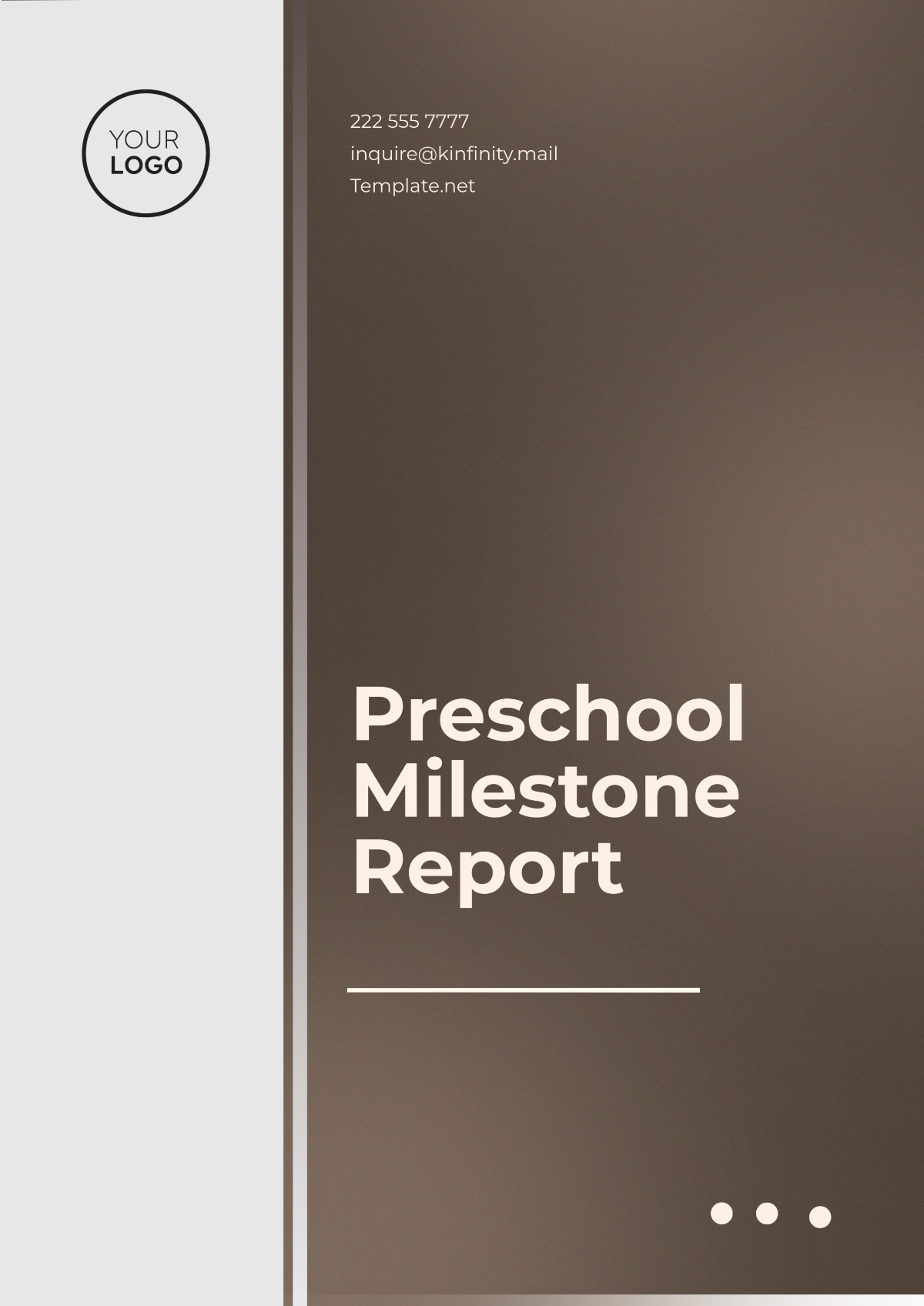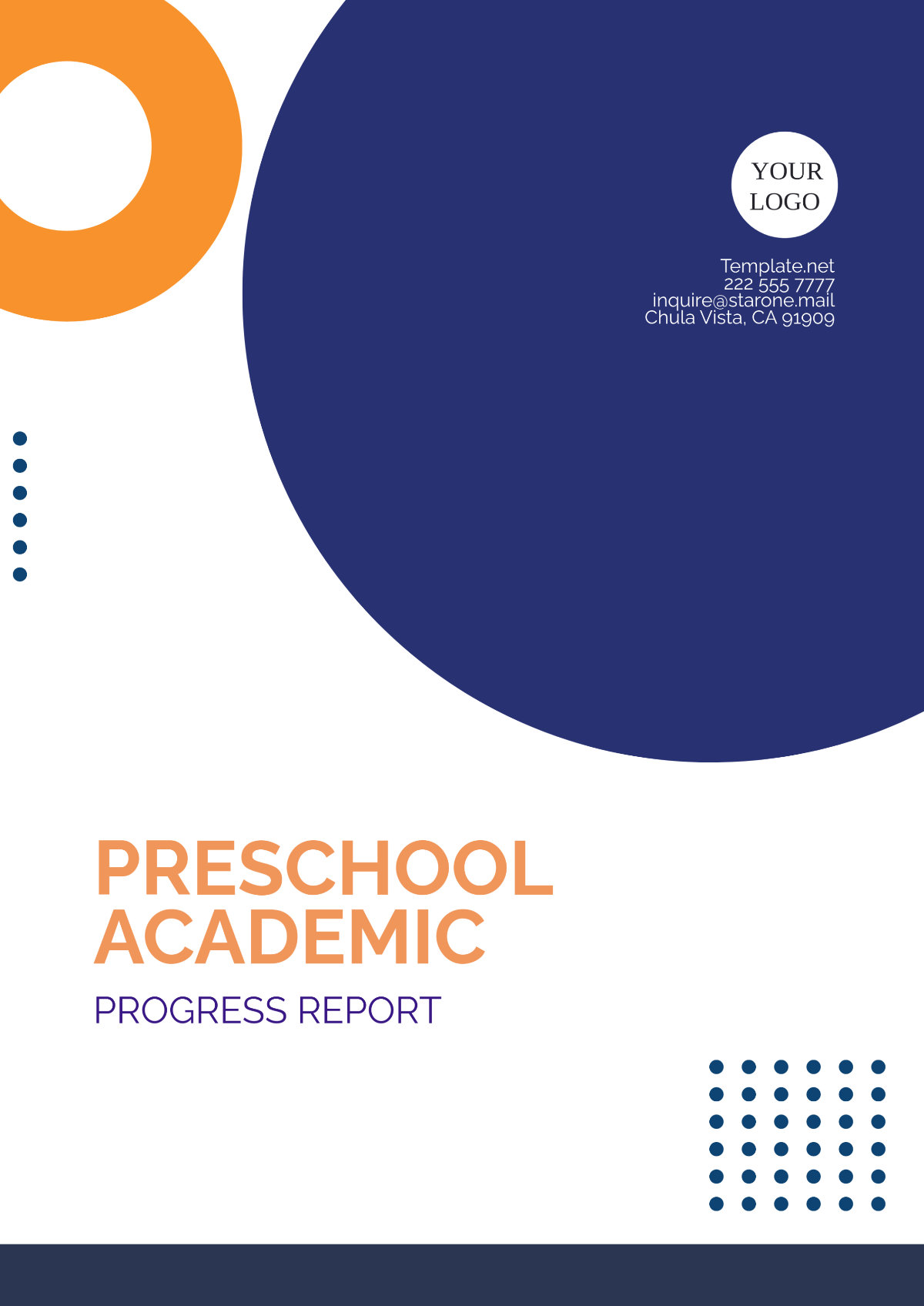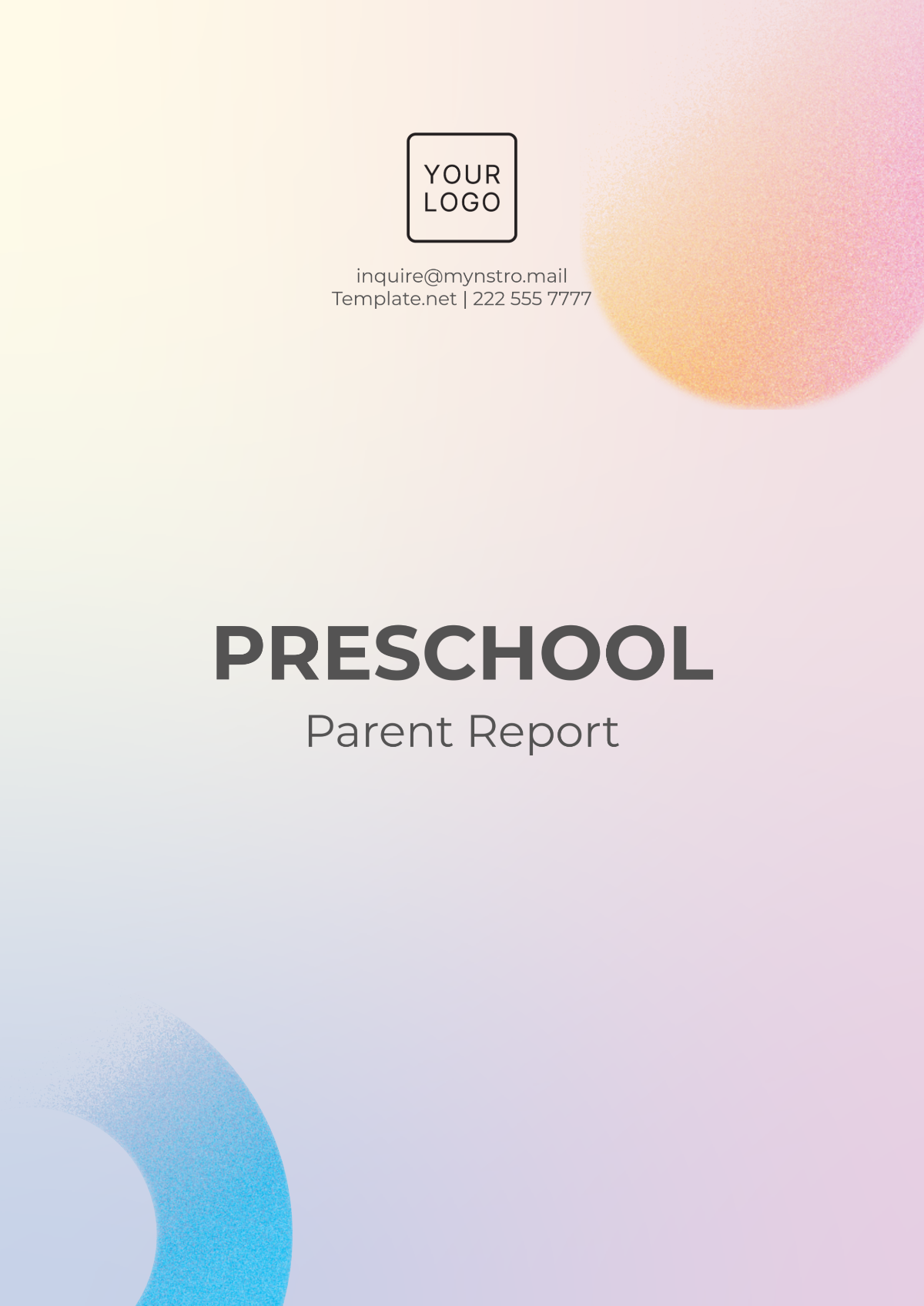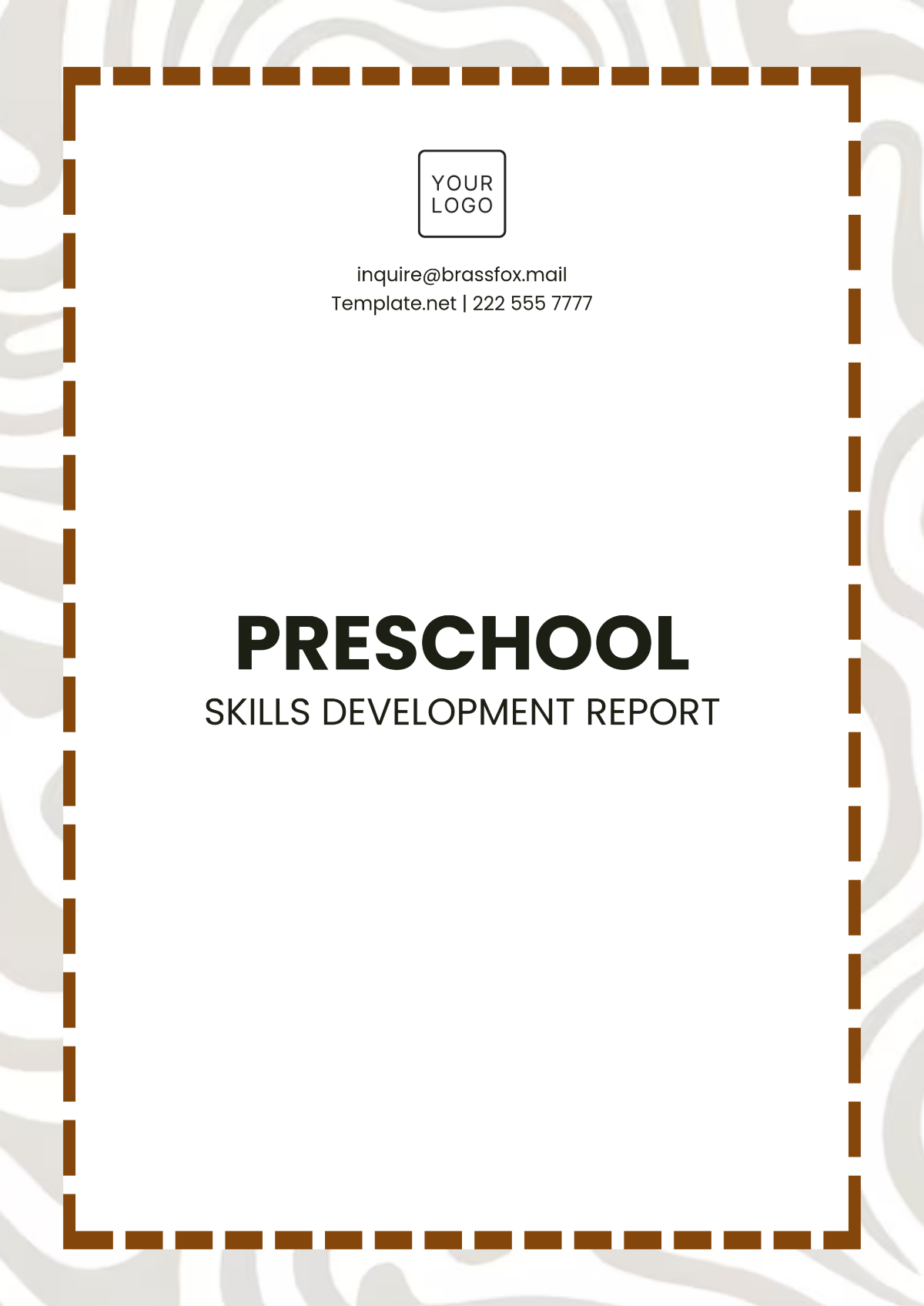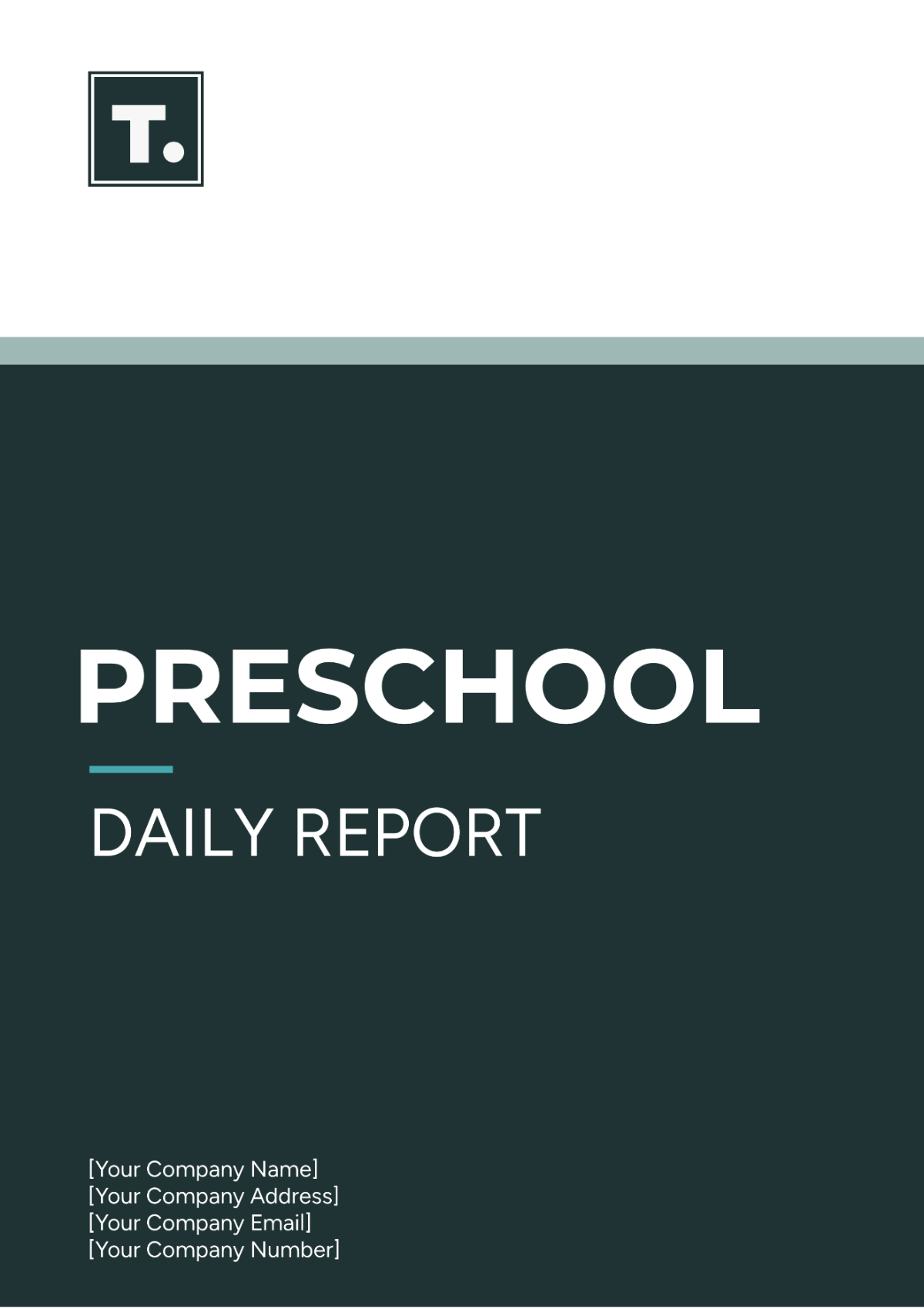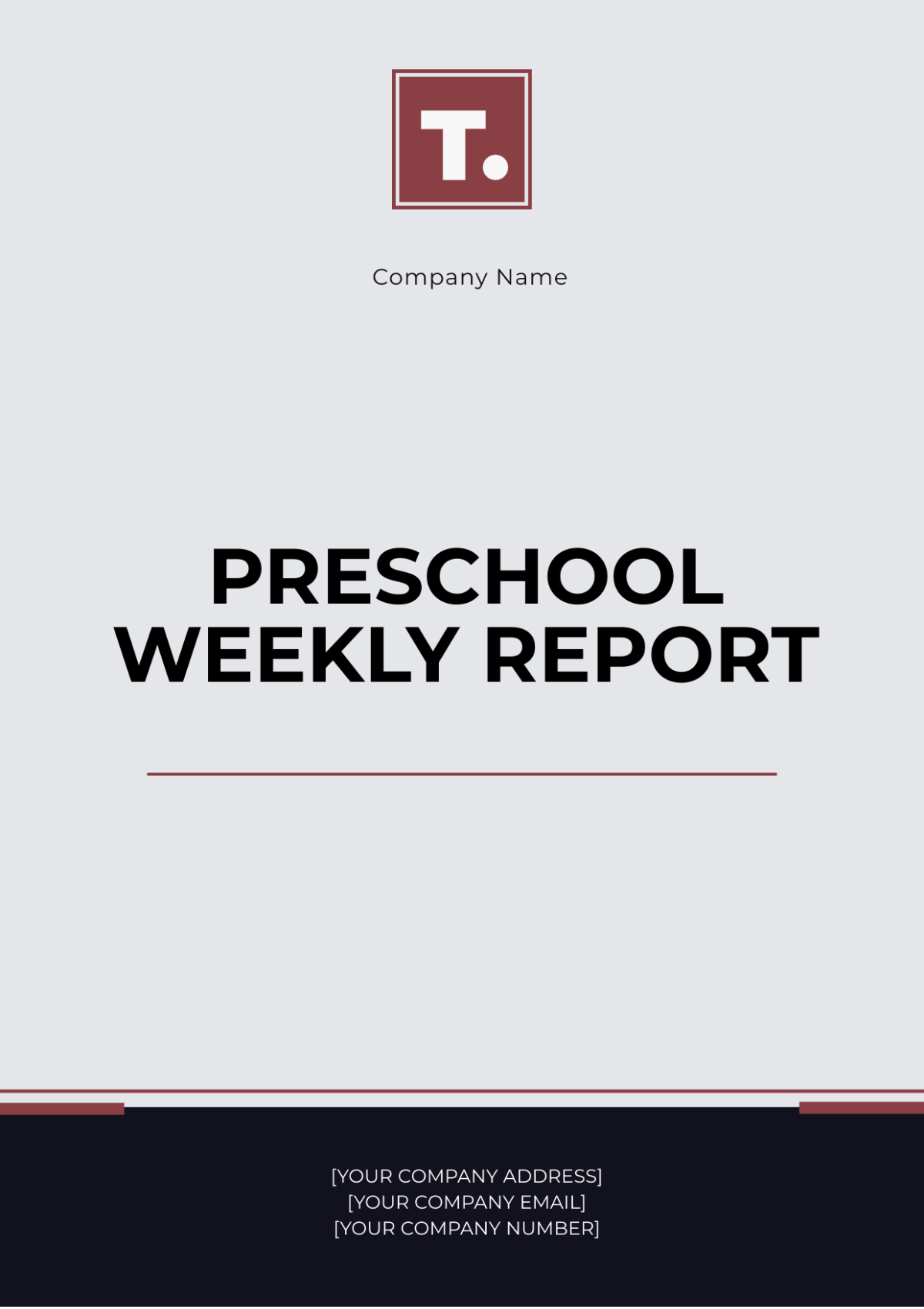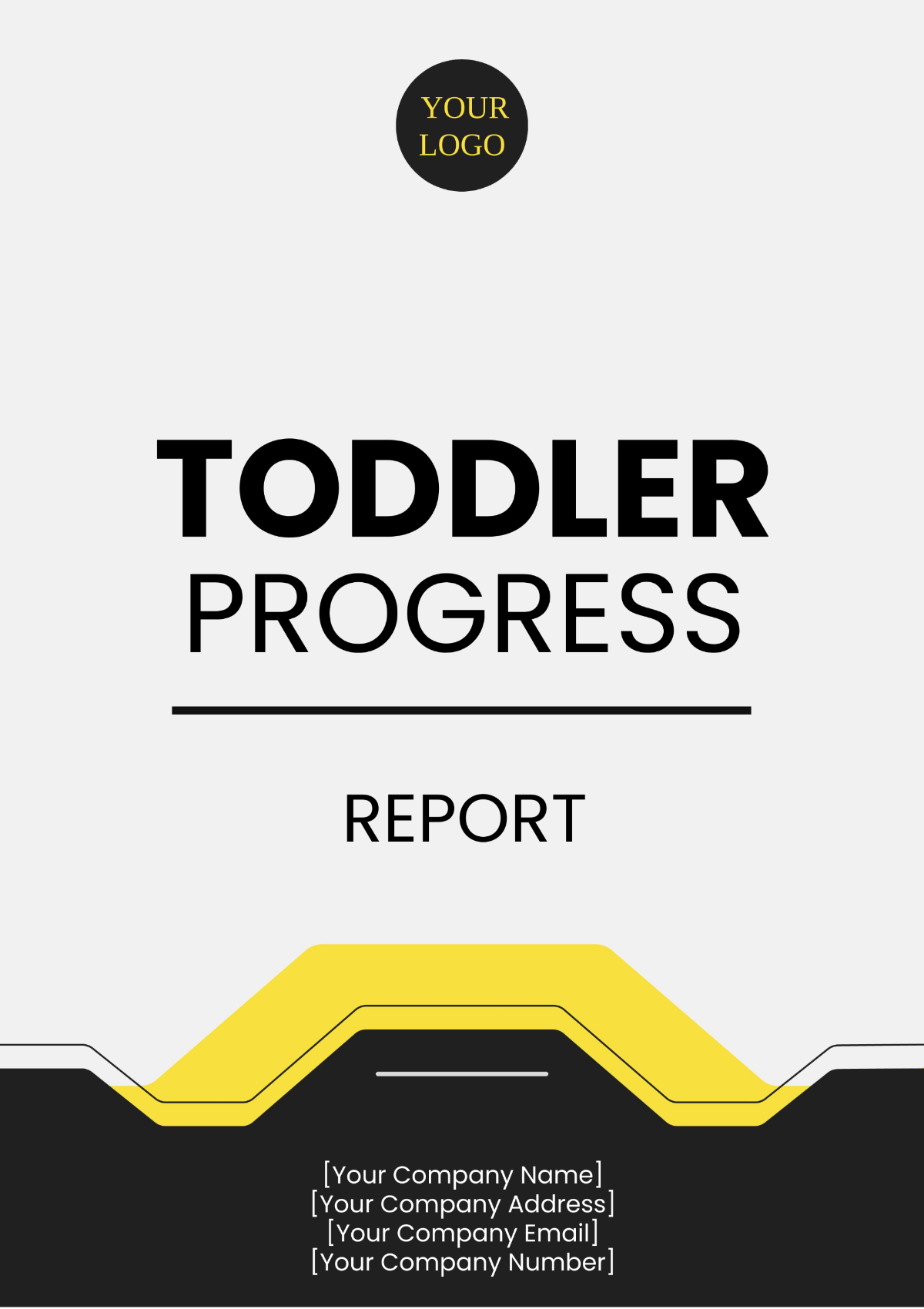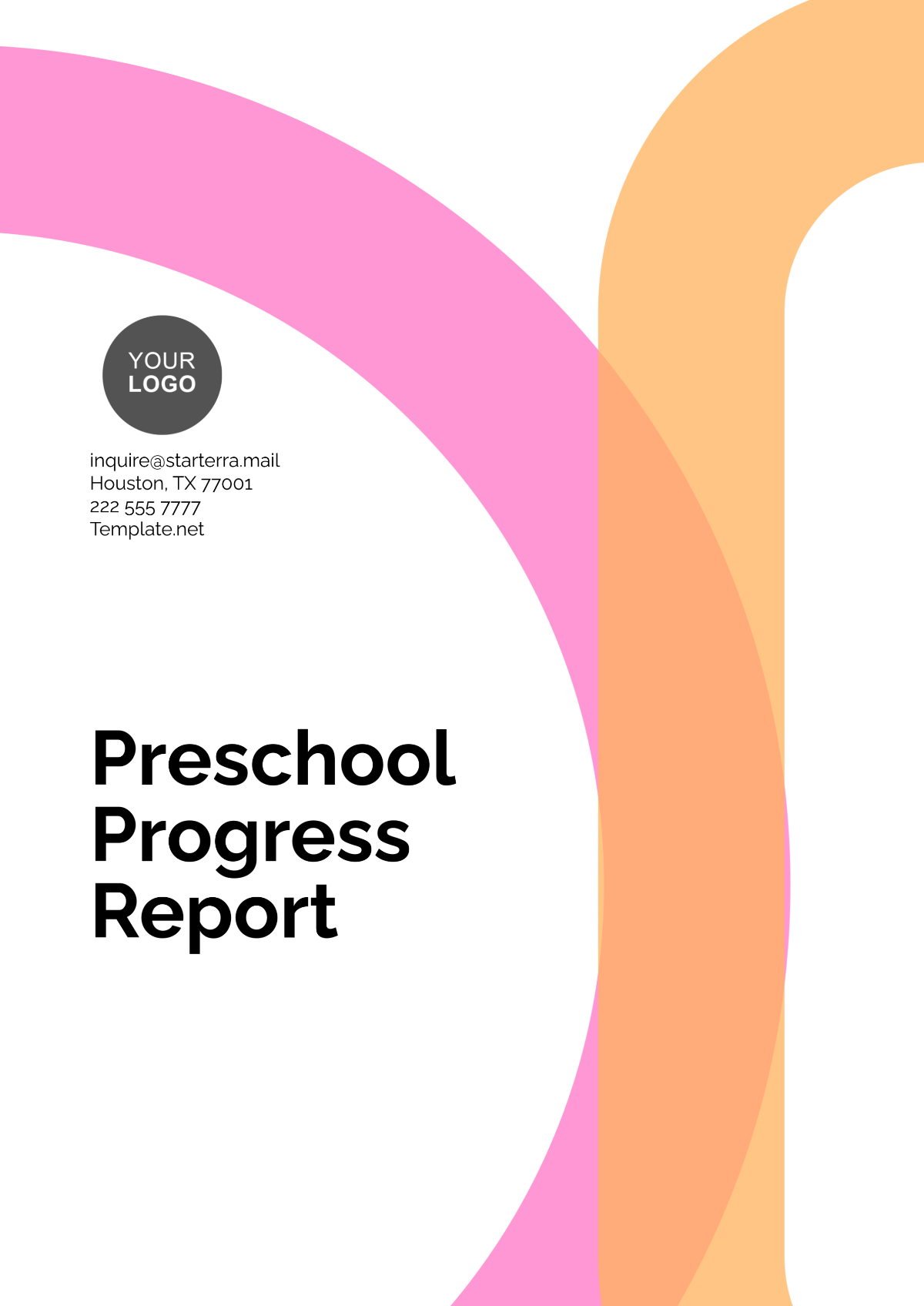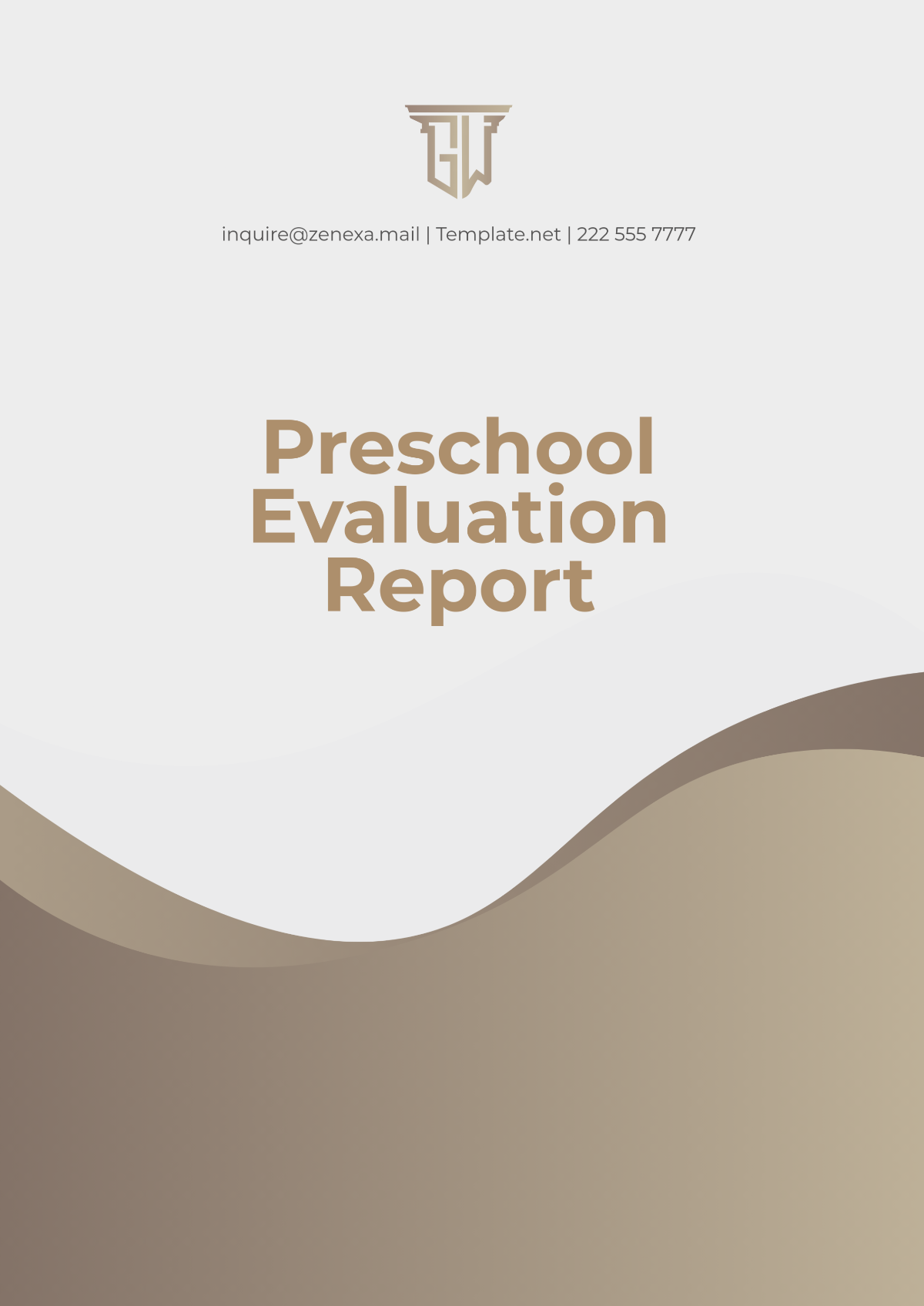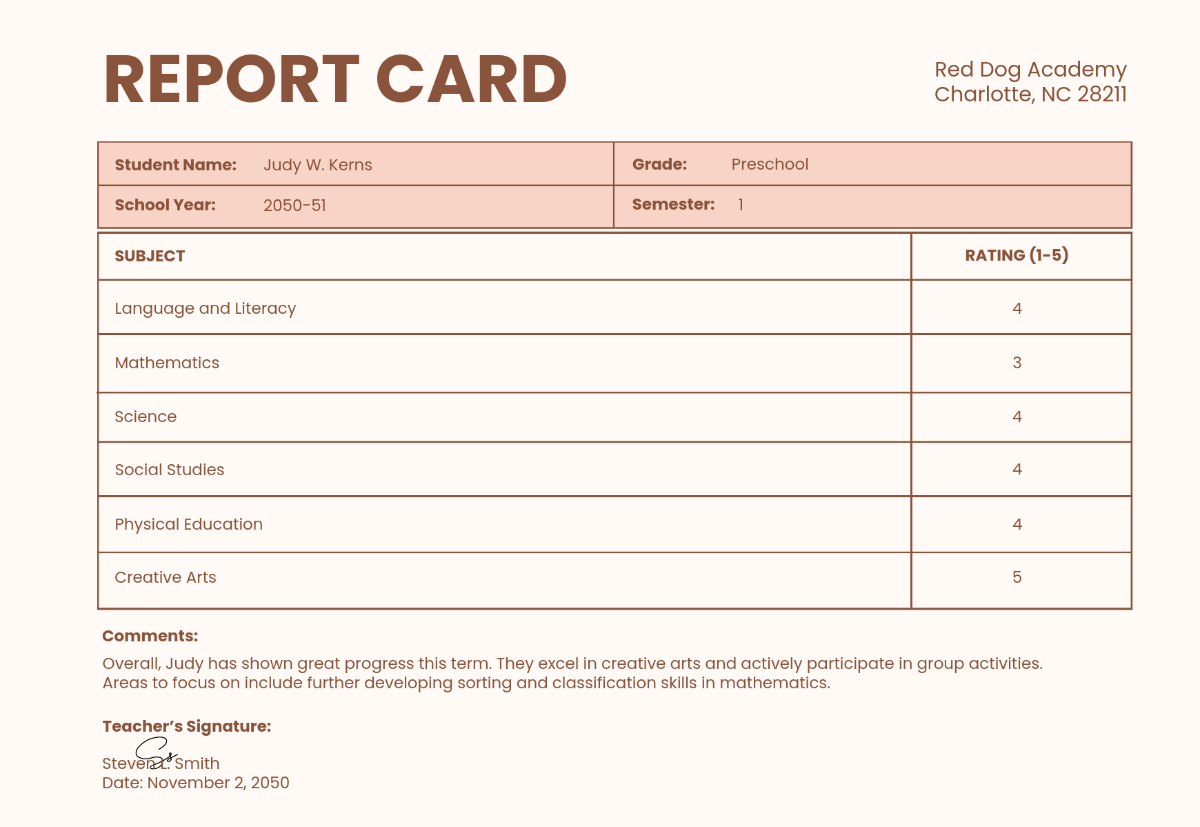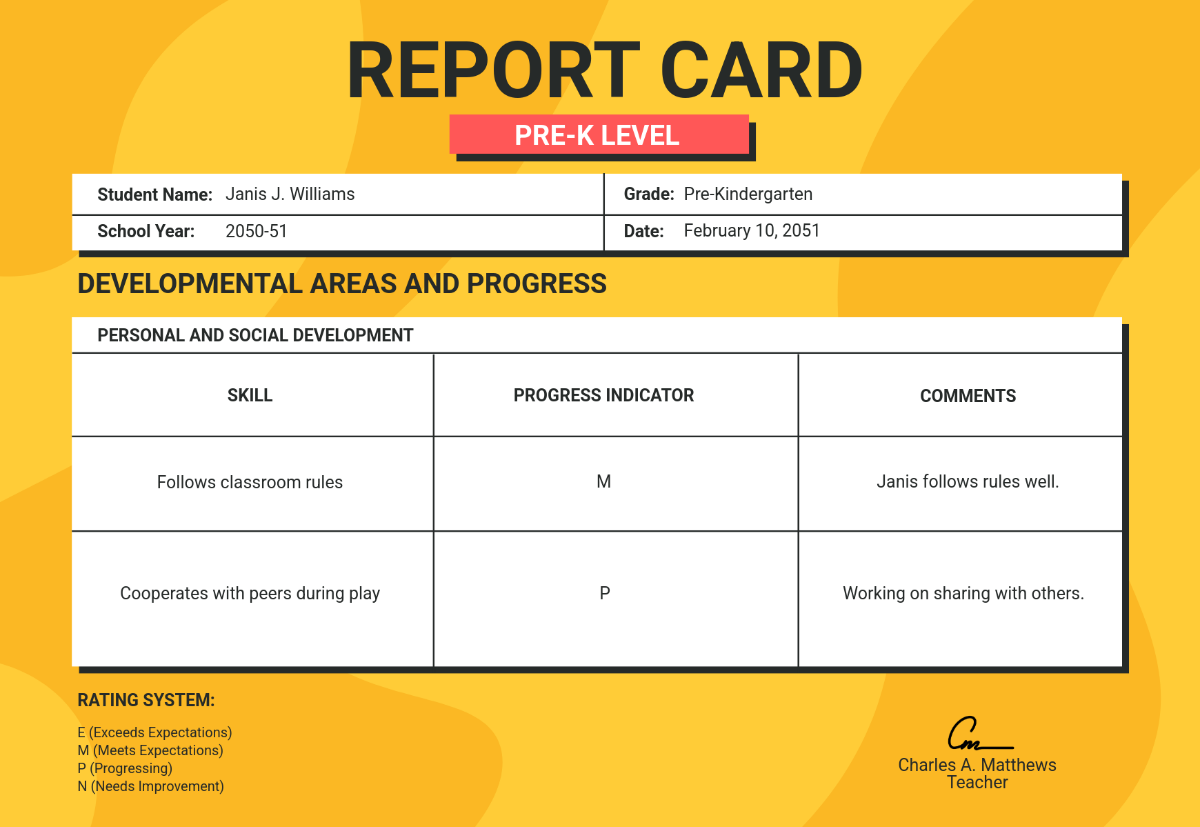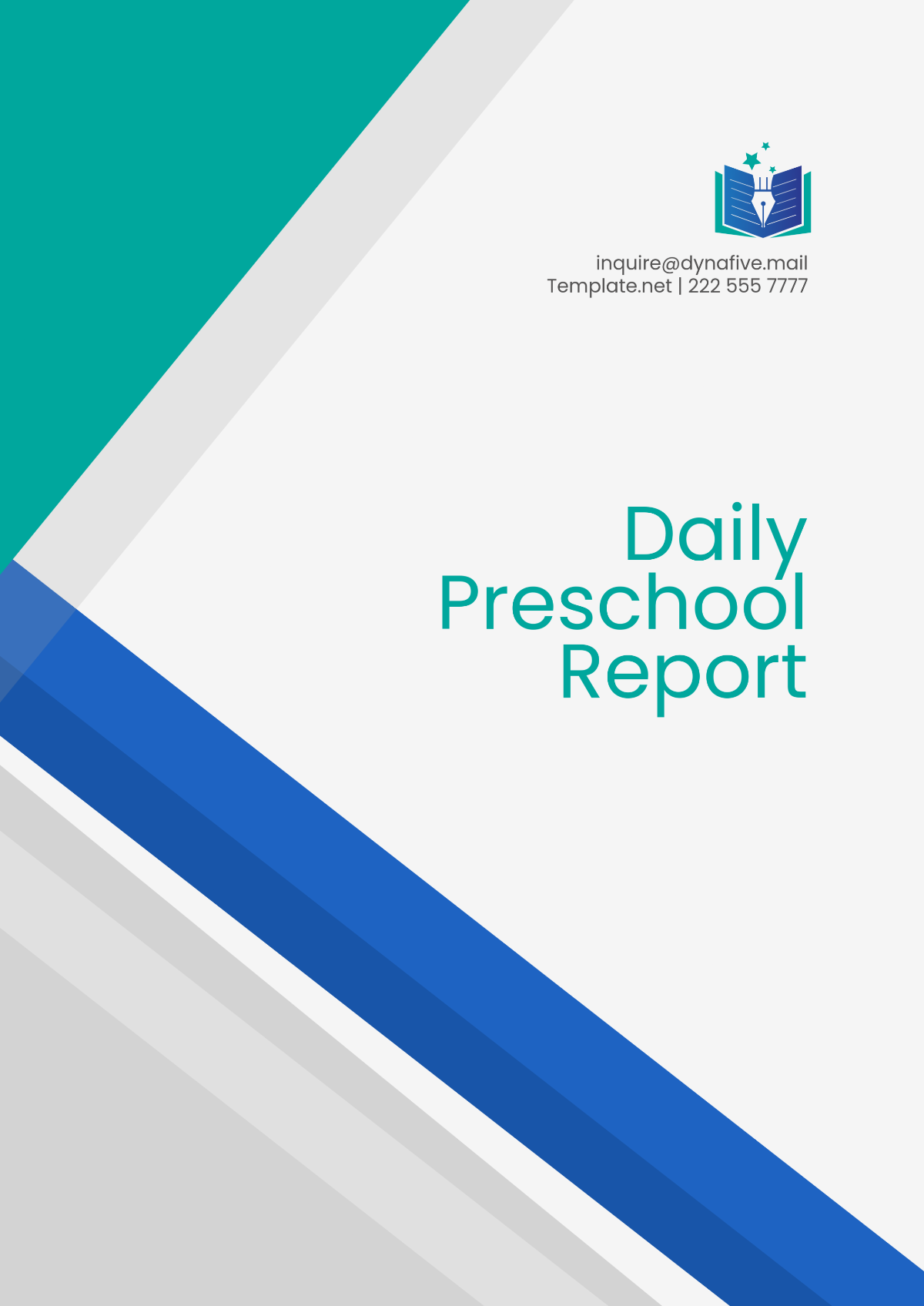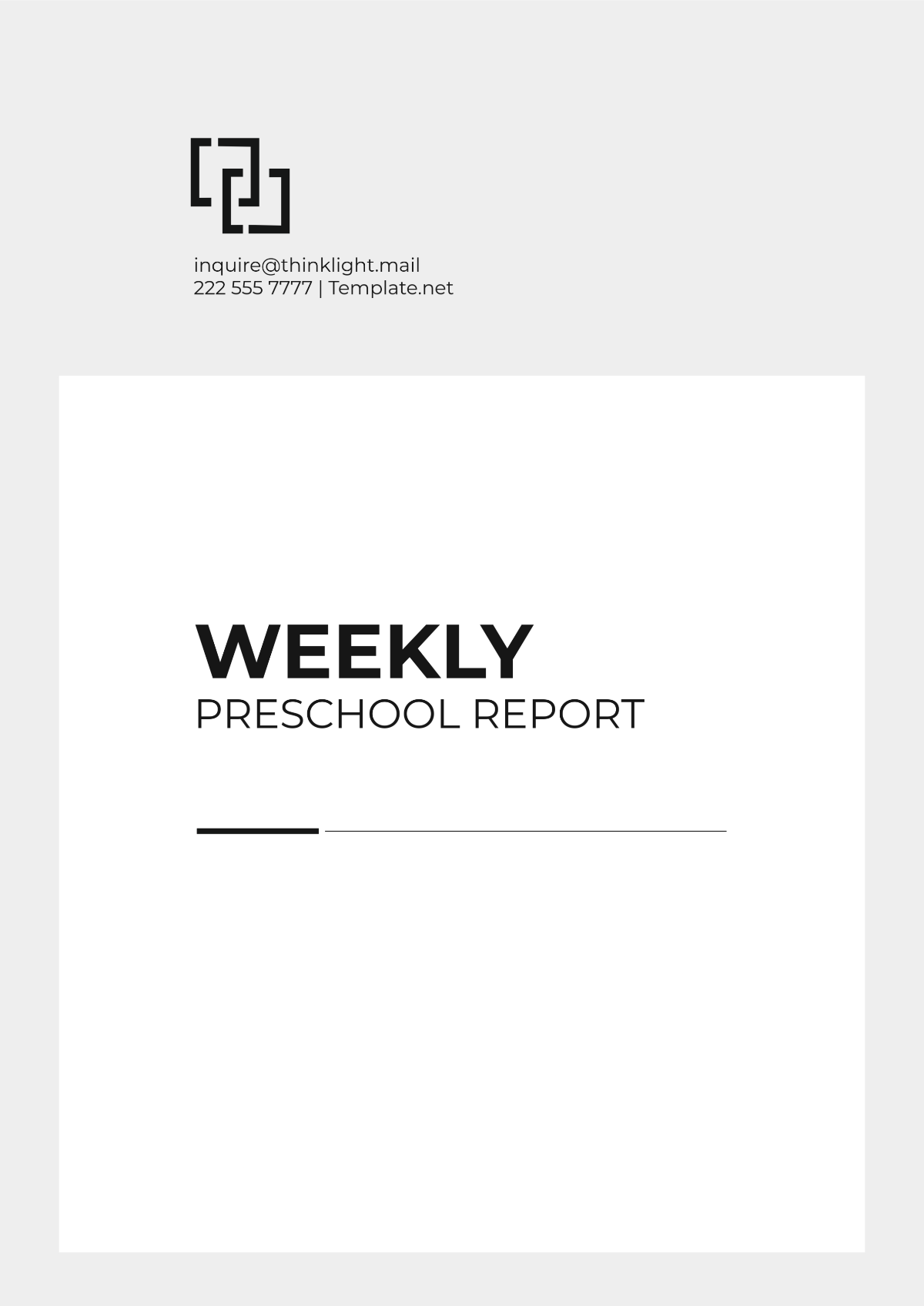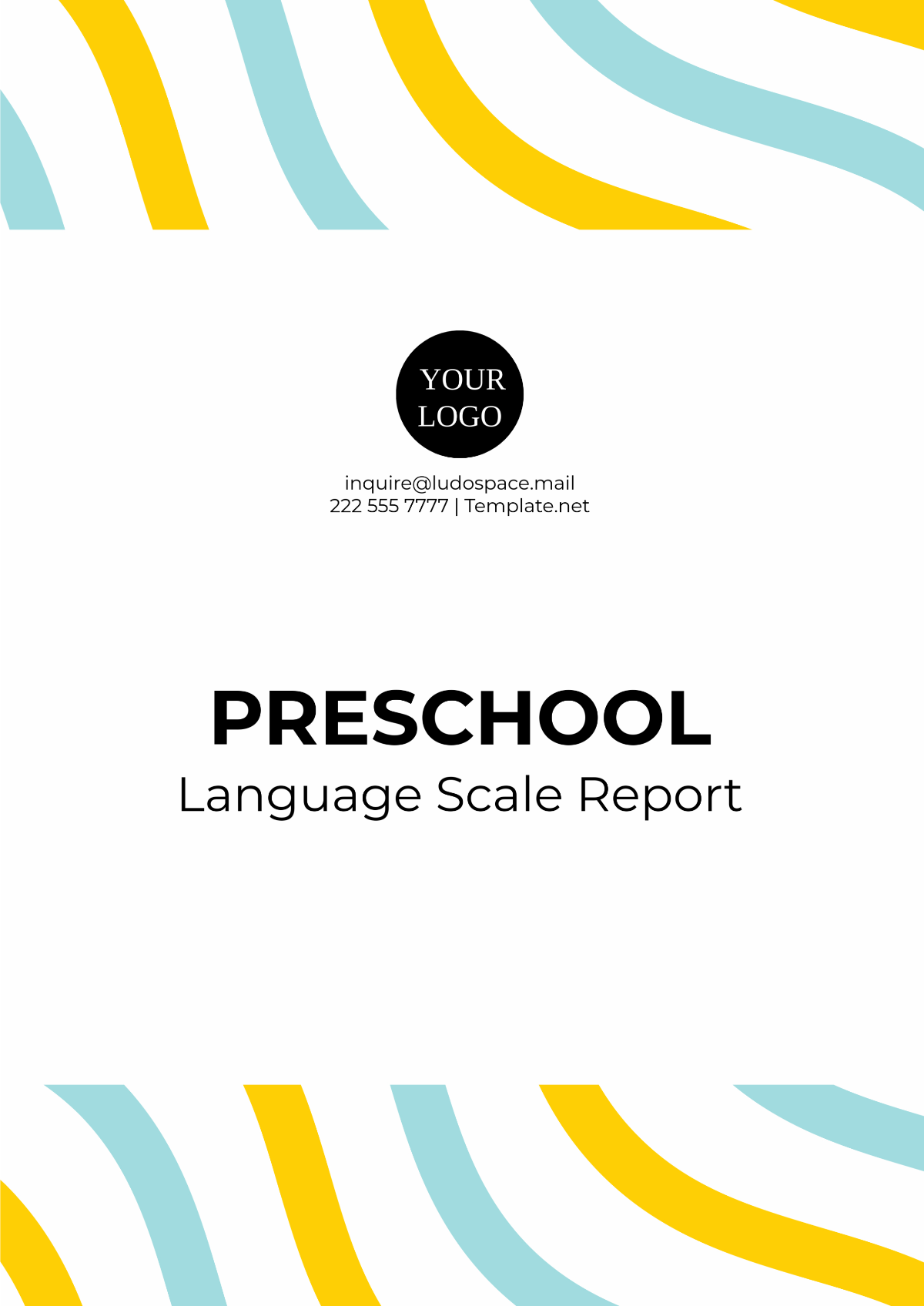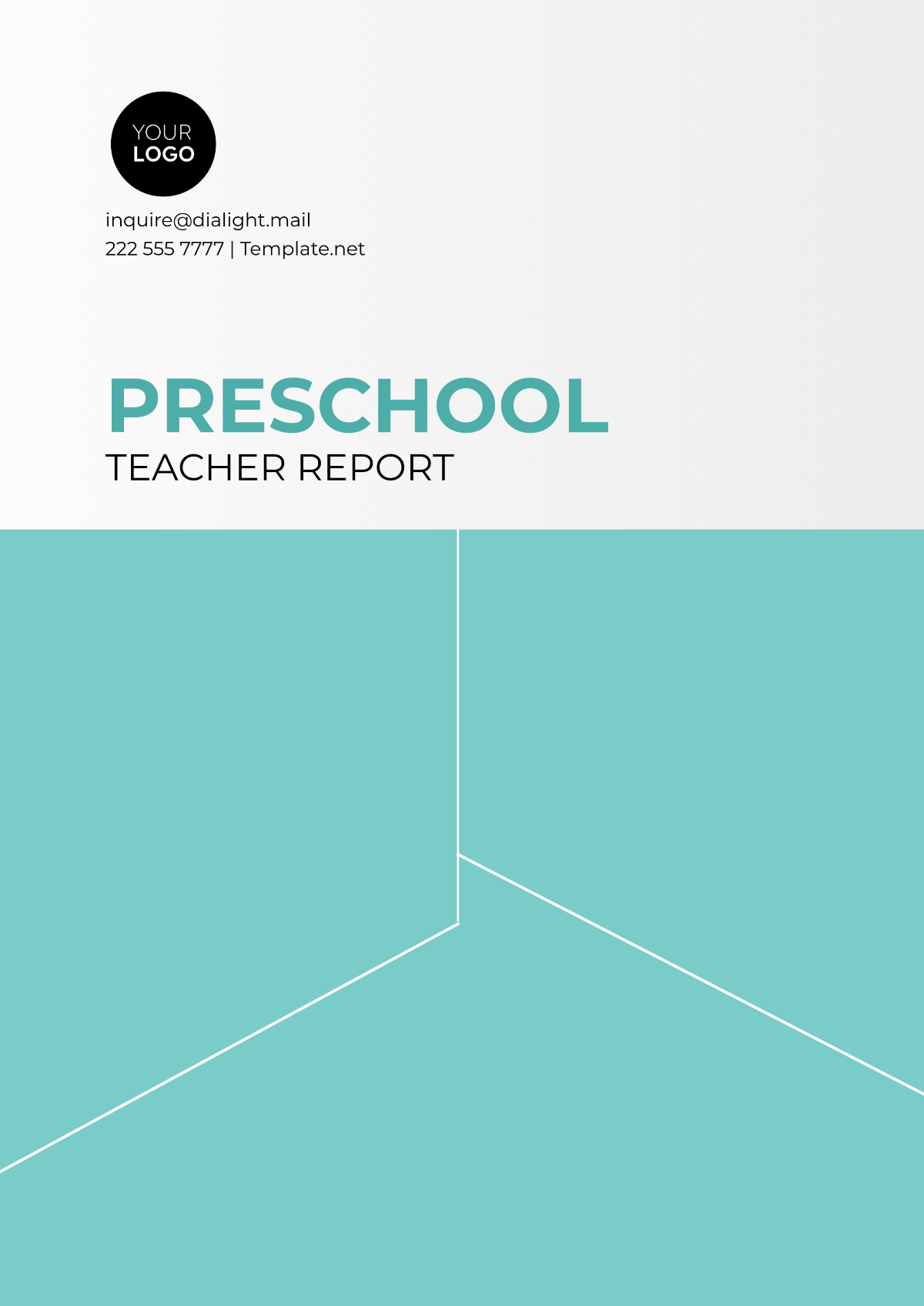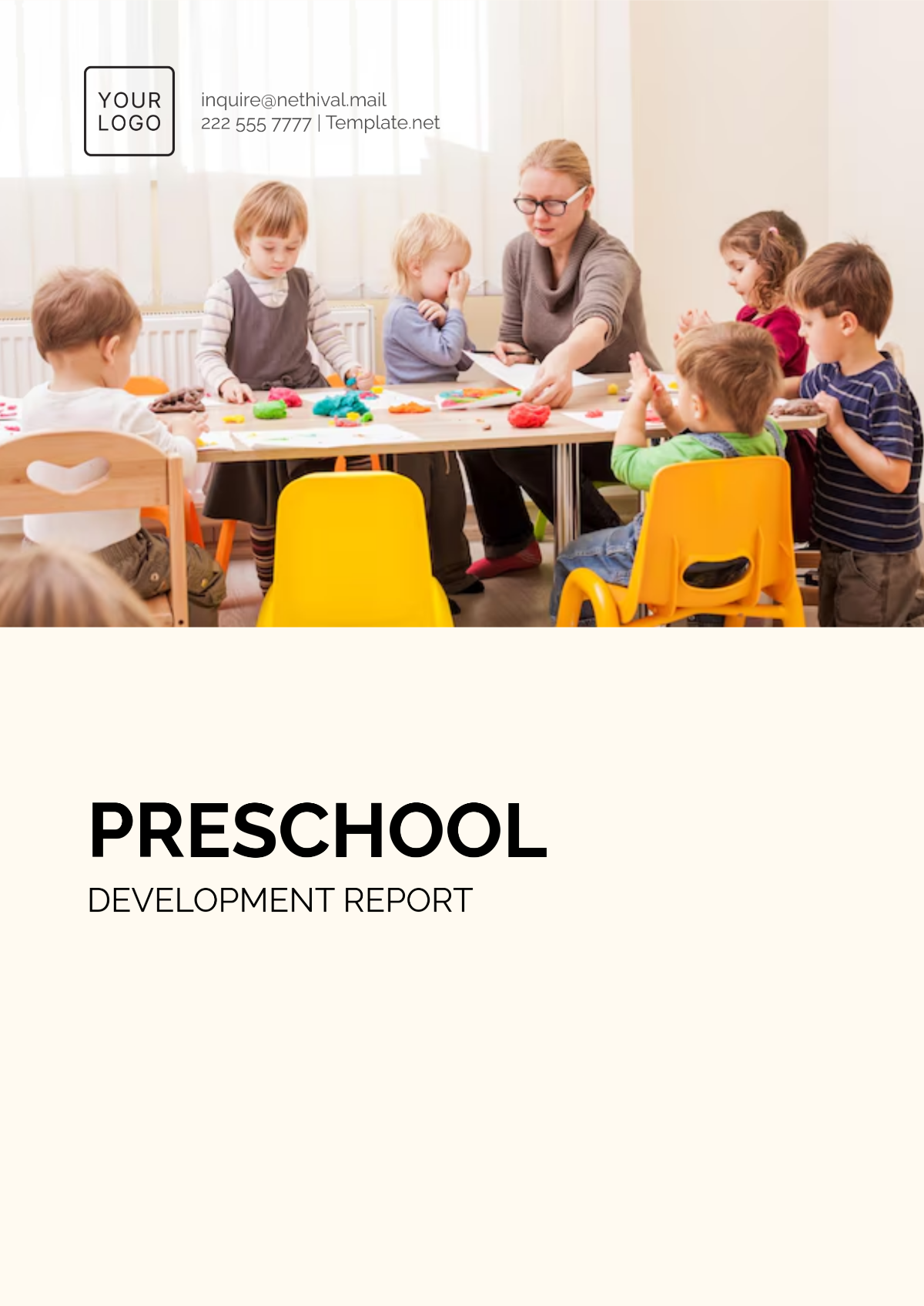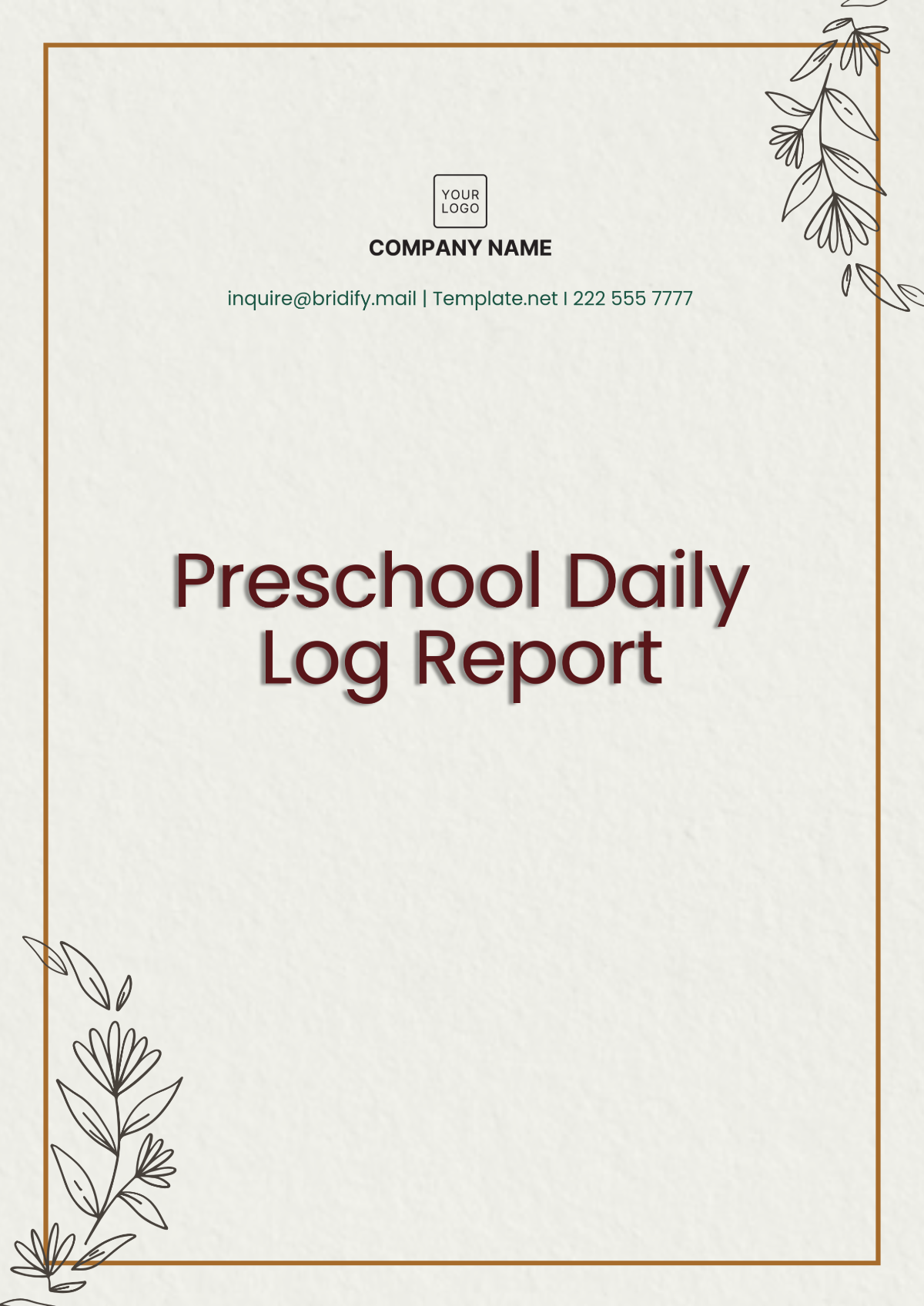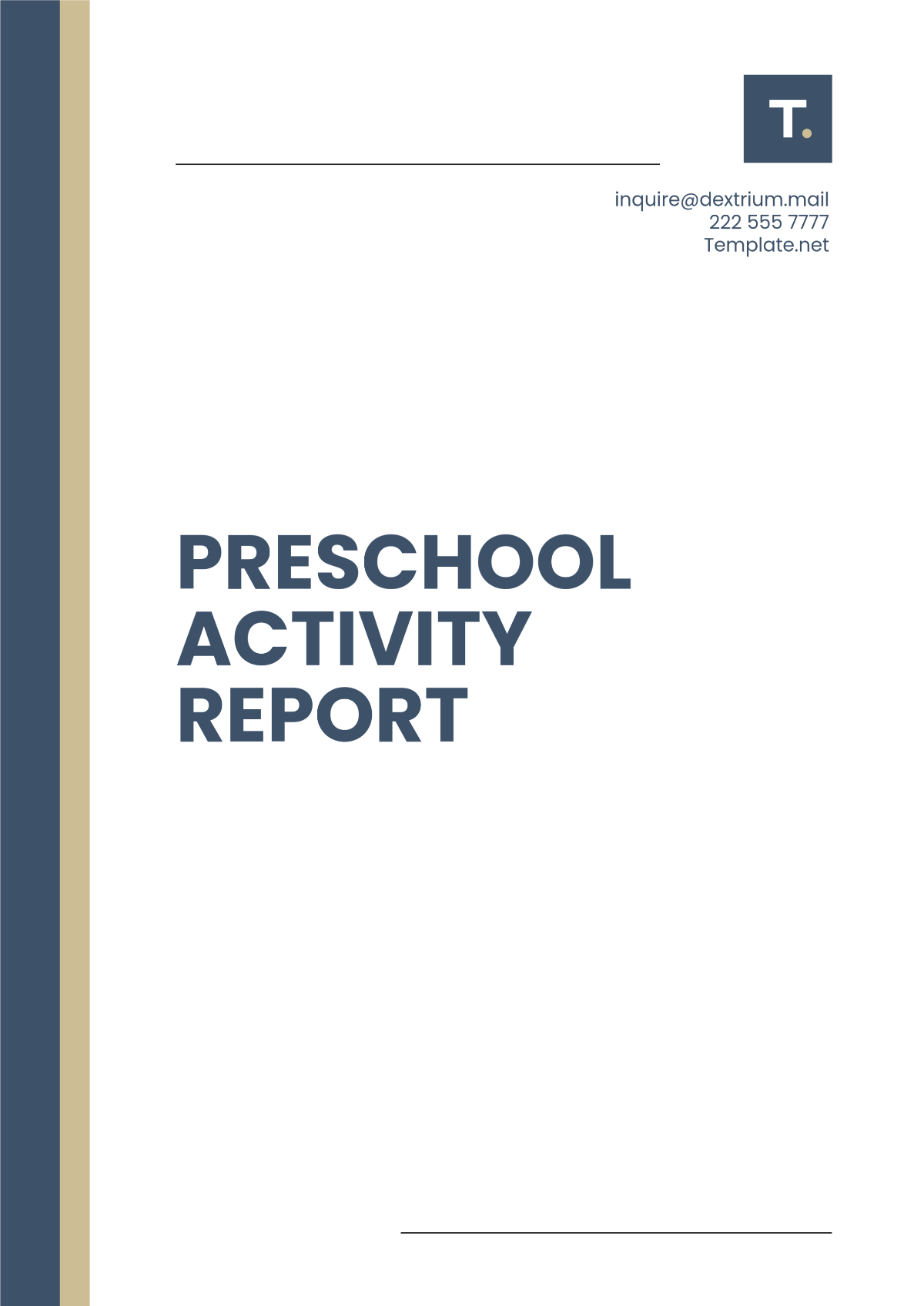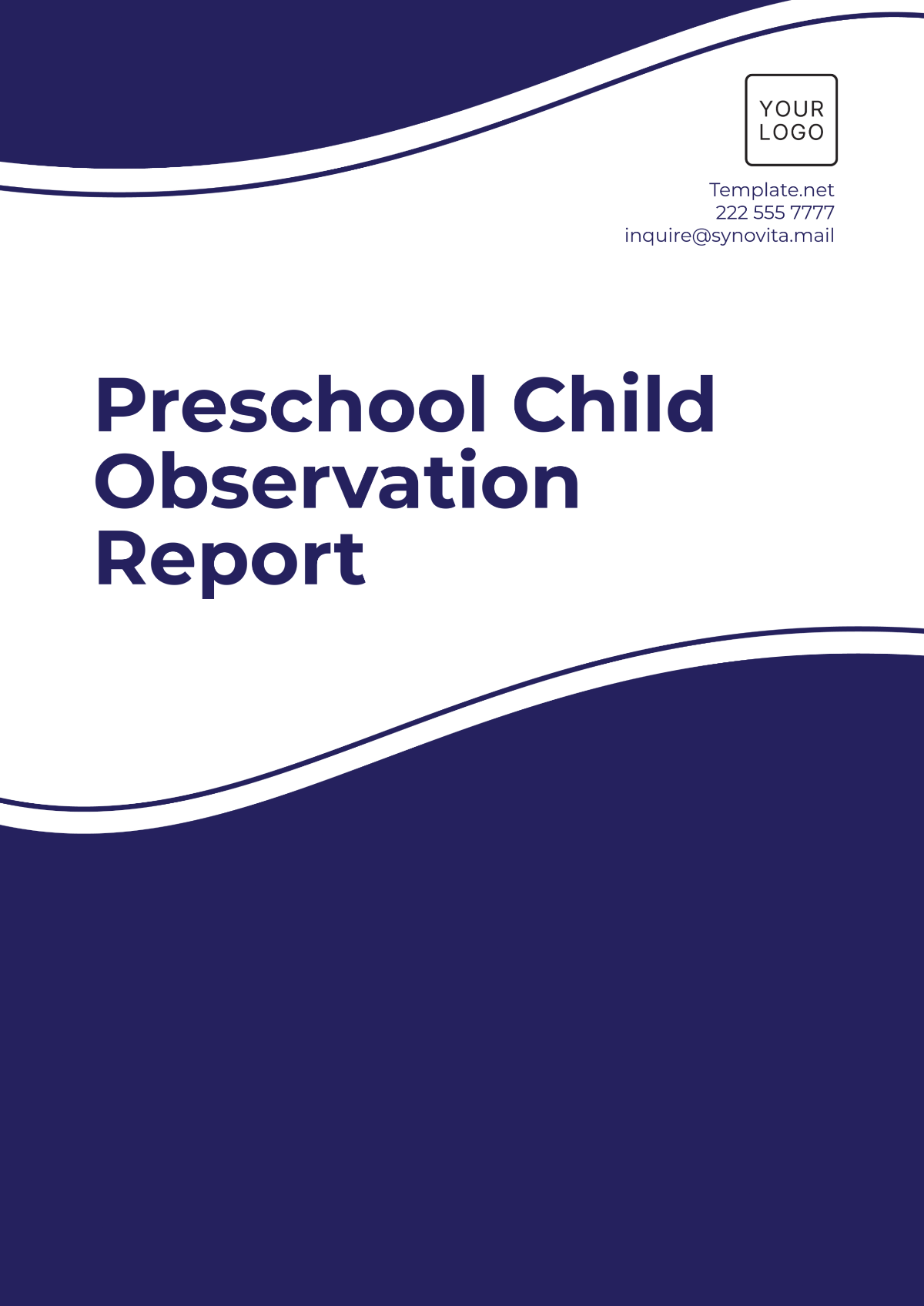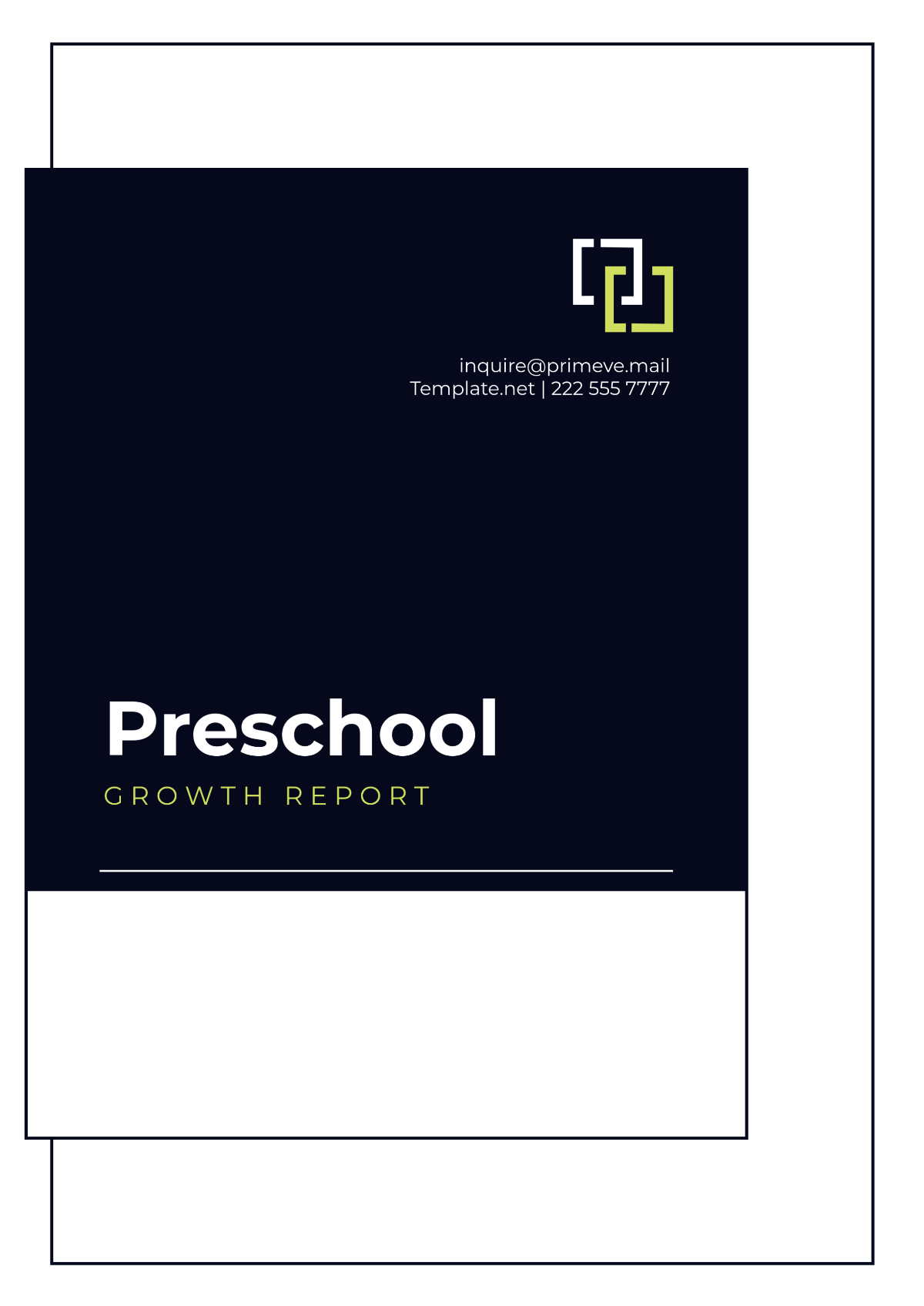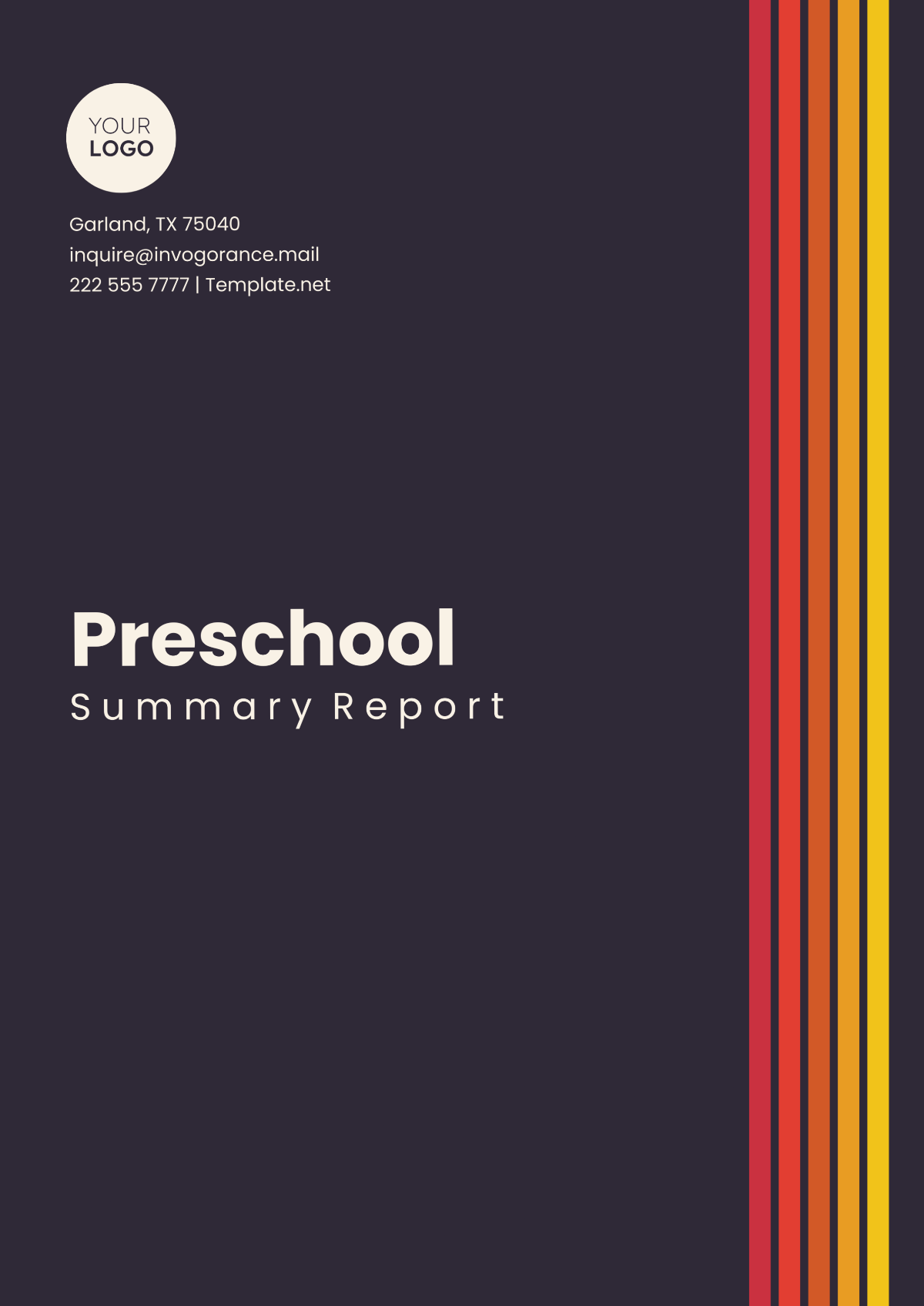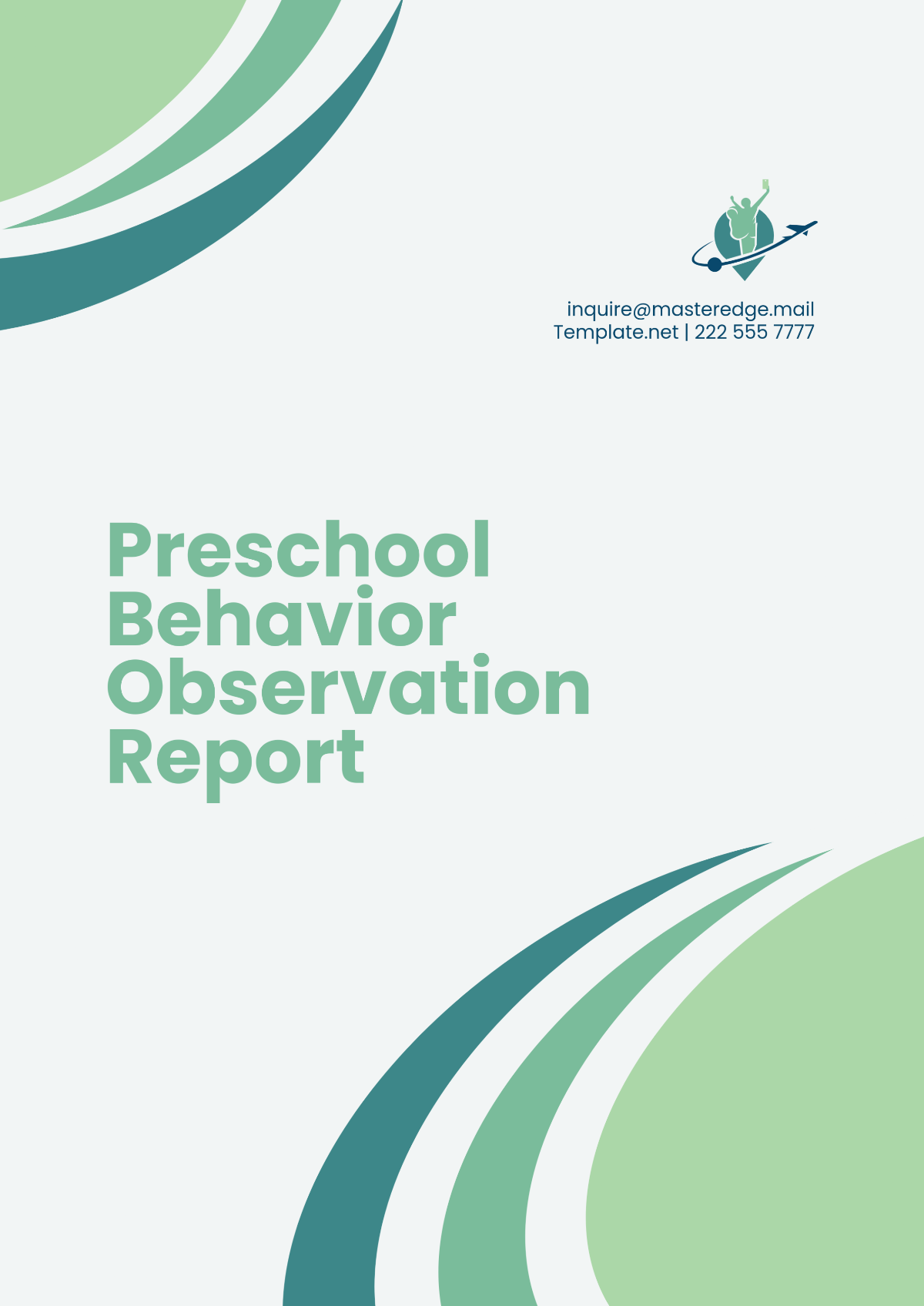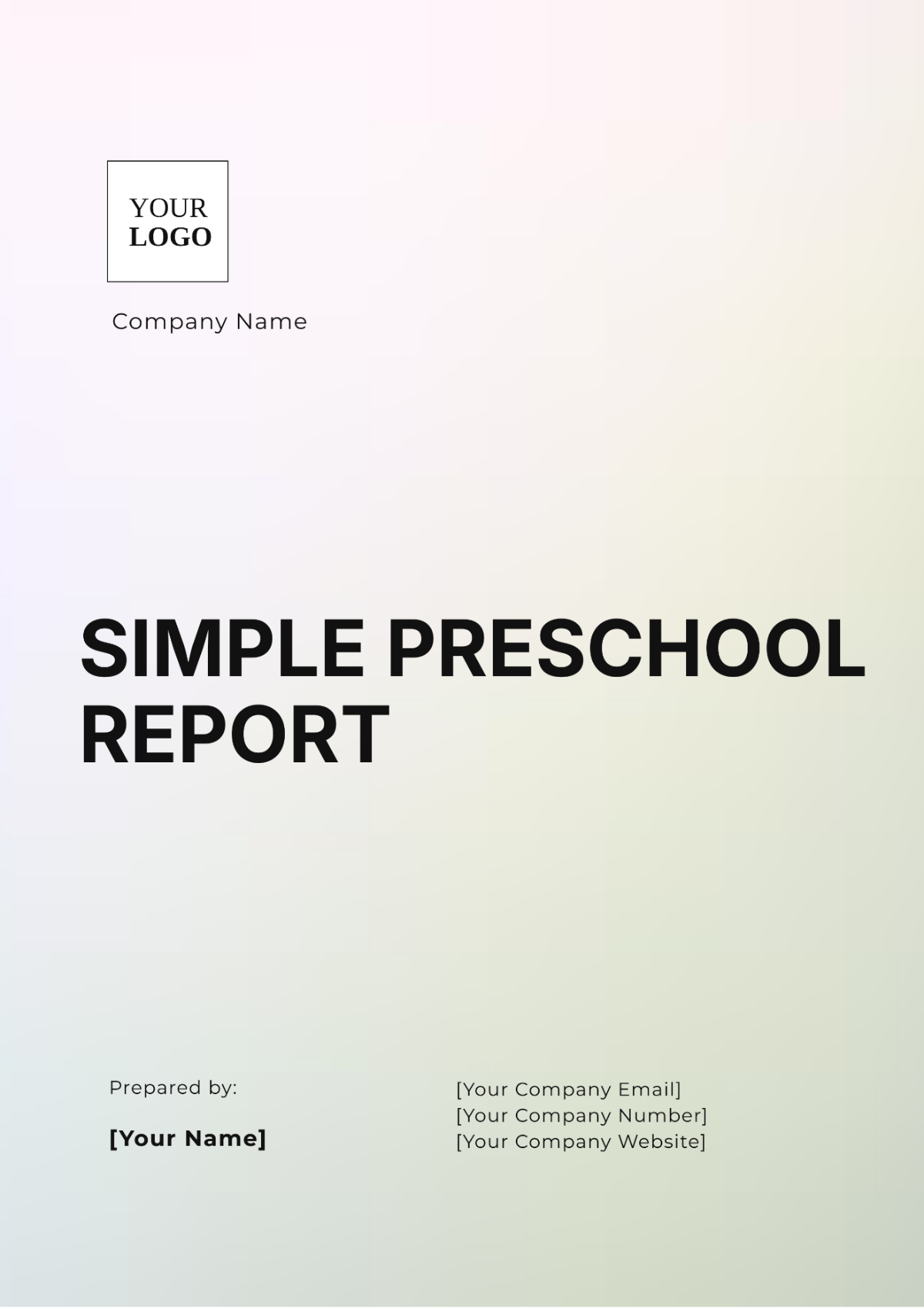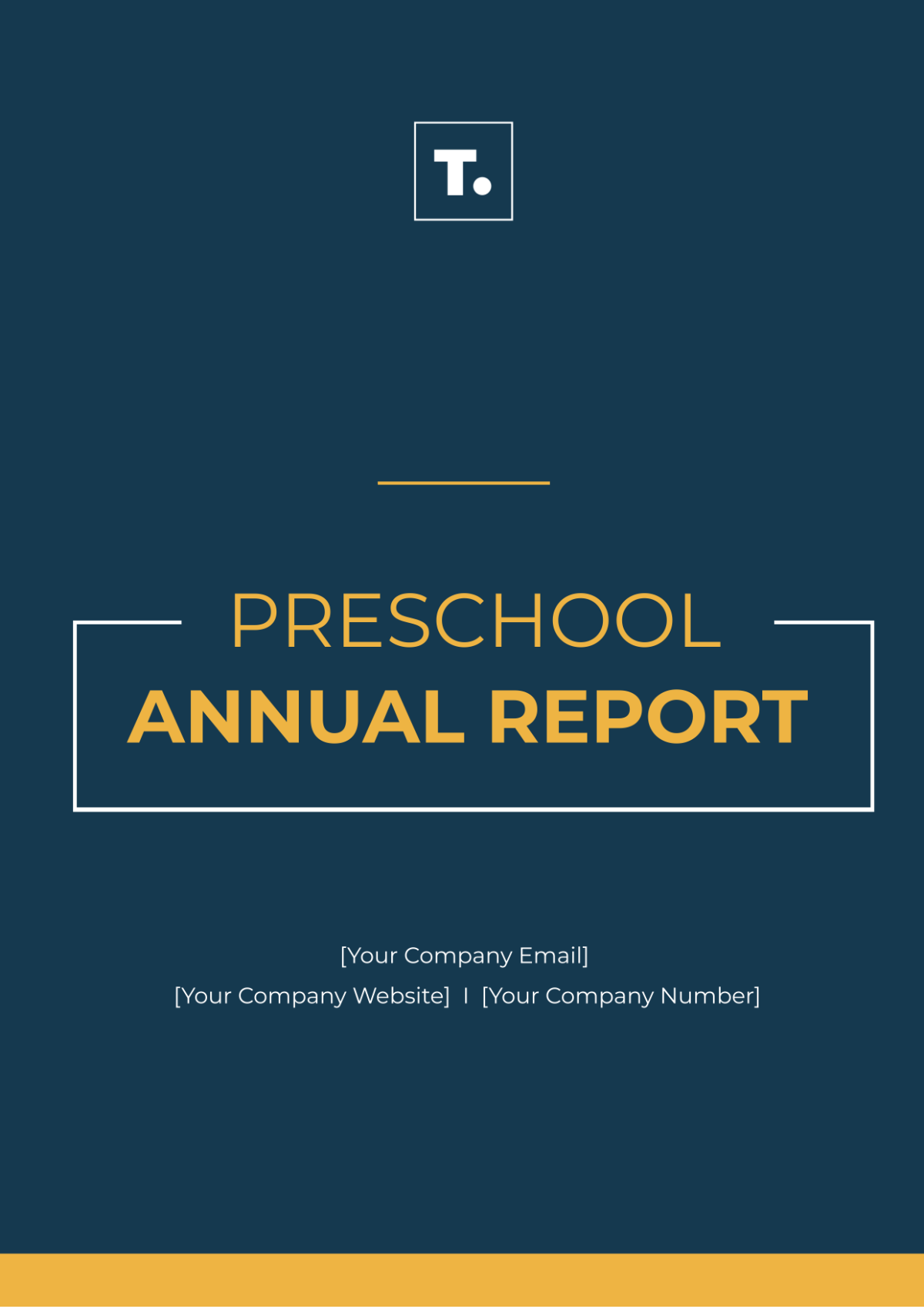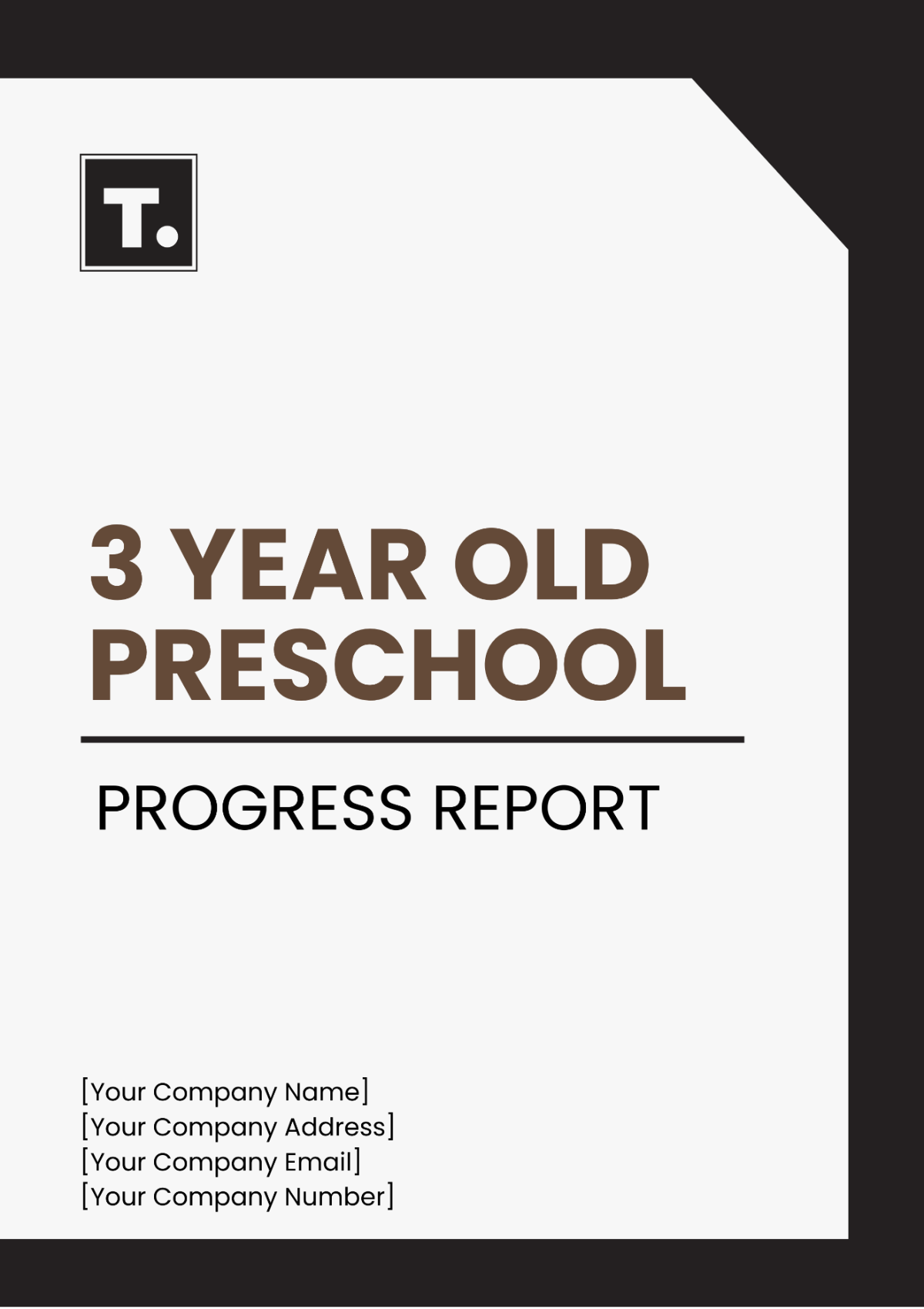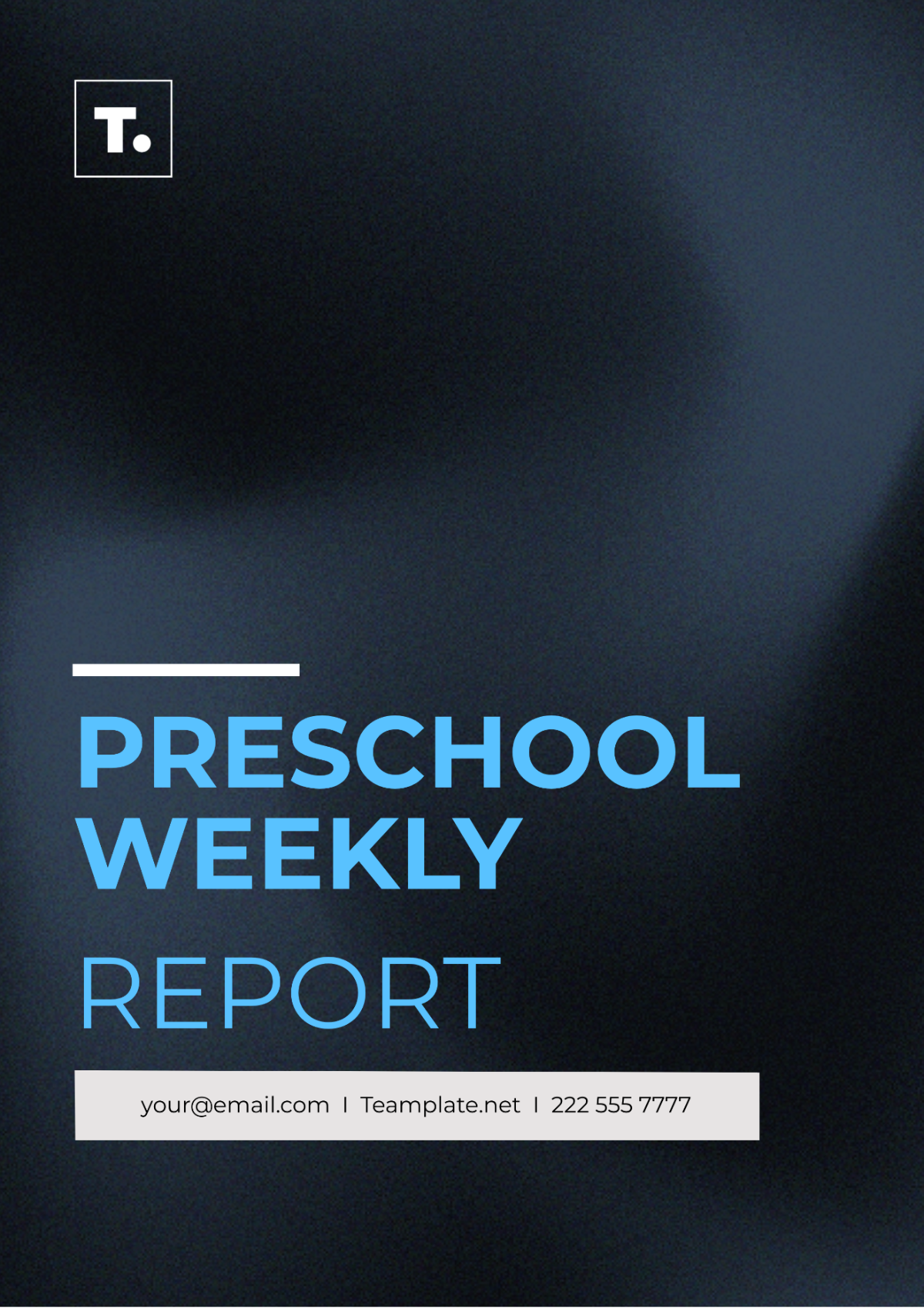Preschool Behavior Observation Report
Prepared by: [YOUR NAME]
Introduction
This report aims to provide a comprehensive observation of the behavior of preschool children in a classroom setting. The objective is to study their interactions, activities, and general behavior patterns within a structured preschool environment.
Methodology
The observation was conducted over a two-week period, focusing on a group of twenty children aged 3 to 5 years. Observations took place during various activities including playtime, structured learning, meal times, and nap times. Data were collected through direct observation and informal interviews with teaching staff.
Observation Schedule
Week | Days | Time | Activities |
|---|---|---|---|
Week 1 | Monday - Friday | 9:00 AM - 12:00 PM | Free play, Circle time, Snack |
Week 2 | Monday - Friday | 12:30 PM - 3:00 PM | Story time, Outdoor play, Nap time |
Findings
General Behavior Patterns
The children displayed a range of behaviors typical of their age group. Generally, they were energetic and curious, showing a great interest in exploring their environment. Most interactions among children were positive, although minor conflicts did occur, usually around sharing toys or taking turns.
Social Interactions
During free play, the children primarily engaged in parallel play, indicative of their developmental stage. Some children demonstrated emerging cooperative play, particularly during structured activities like building blocks or role-playing games.
Parallel Play: Approximately 65% of the observed interactions involved parallel play.
Cooperative Play: Roughly 25% of the time, children engaged in cooperative play, notably during teacher-led activities.
Conflicts: Conflicts were mostly verbal and quickly resolved with minimal adult intervention.
Emotional Development
The children exhibited a range of emotions consistent with their age. Emotions were often intense but brief, with children frequently shifting between different emotional states.
Key observations include:
Empathy: Some children showed early signs of empathy, offering comfort to peers who were upset.
Frustration Management: Children employed various strategies to manage frustration, such as seeking teacher assistance or opting for solitary activities until calm.
Language and Communication
Language development varied significantly among the children, with some beginning to form full sentences while others were still refining basic vocabulary. Social interaction played a crucial role in language acquisition as children mimicked phrases and expressions heard from peers and adults.
Cognitive Development
Cognitive skills were observed through problem-solving activities and imaginative play. Children's problem-solving skills were evident when navigating social dynamics and during challenges like building structures or completing simple puzzles.
Problem Solving: Children often employed trial-and-error methods before requesting adult assistance.
Imaginative Play: Imaginative play was rich and varied, often based on familiar themes such as family roles or favorite animals.
Conclusion
The observation has provided insightful data into the various aspects of preschool children's behaviors. These findings can inform further studies on early childhood development and help educators tailor their approaches to support each child's growth.
Recommendations
Based on the findings, the following recommendations are made for preschool educators:
Encourage cooperative play by organizing activities that require teamwork and communication.
Facilitate emotional development by offering strategies for conflict resolution and self-regulation.
Support language development through interactive storytelling and discussions.
Provide a variety of problem-solving activities to foster cognitive growth.
References
All data are derived from direct observations and interactions in the preschool environment and are consistent with established developmental research findings in early childhood education.
